And here it is, the final interview of my Being Black in Iqaluit series. This time, with Audley Coley, a Jamaican-born man who moved to Iqaluit from Toronto in 1979, when he was only 19 years old. Thirty-seven years later, he’s back in town to celebrate Black History Month alongside his daughter, Miali Coley (whom he refers to as Mary), a Jamaican-Inuk teacher and well-known member of our community.
Read on to more about Audley’s experience as a Black man in Iqaluit way back when, his battle with personal and mental health issues, and his journey since leaving Nunavut in 1982. And be sure to check out his e-book and website!
FTN: I love the story about how you ended up here. How do you get up to, back then, Frobisher Bay?
AUDLEY: I was in Toronto and I was pursuing a dance career, which was not too popular in my family, seeing that we’re very traditional Jamaicans. And it’s either you pursue something in education or medical, or careers – something you can actually eat a meal off. So after giving up my last little job in Toronto – I was working as a manager at a restaurant in Markham – my mom got very upset with me, and said, “Listen, it’s either you get something steady, or you’re going to have to leave.”
What was interesting is that I had just been awarded the most promising dancer at a school in Toronto, the same school that Mike Myers went to. So I diligently went out and looked for a job. I picked up, I guess, the Toronto Sun, or the Gazette, or the Star, and they were looking for a short-order cook. For the interview, the individual who was hiring said there’s a job opening for then Frobisher Bay.
My knowledge of Canada’s geography was really off, because prior to that I only travelled to the States and Jamaica. So I thought I was going to Thunder Bay, and that’s where the joke is on me. Like most young men, they don’t like to accept when they make a mistake. They don’t even ask questions. But for some reason, when the plane was flying – there’s a feeling you get when you’re lost. Men get it a lot, but as I said, men being men, just don’t want to accept asking for direction. But it really dawned when I started noticing we’re flying and there’s no trees, and there’s a lot of snow.
.
I landed here in Frobisher Bay…it was August, it was cold, yeah. Well, by Toronto standards, it was cold. And I had photos of the Frobisher Inn, but obviously those photos were doc’ed up, because when I got here, it wasn’t the same [as the] photos. It was like something out of Star Wars, you know? And all I wanted to do was just jump on the plane and get out of here.
I had to wait until my mom came back, and then when I called my mom and I said, listen, I think I made an error. I don’t think I’m going to stay here, because you don’t understand – I feel like I’m on another planet. There’s no trees. I’ve never even seen Inuit, or Eskimos as we used to call them at the time. The only thing is they were on the back of the two dollar bill.
My mom just being the Jamaican mum that she was, said “You better just stay there and work your little buns off and make things right.” My parents had just gone through a divorce, and I was kind of the breadwinner, the oldest one. And I started doing short-order cook at the Frobisher Inn. It was a challenge. But I stuck it out and then I realized, I have something to offer.
I approached Kativik and asked them, I’d like to start a dance program. “Oh, I don’t know if you should start something like that because the Inuit never follow anything and we’ve tried different things and they never really panned out.” Okay, well, what have you got to lose? I’m here right now.
.
So they let me use the Kativik [youth centre], which was above the fire hall at the time. And I drew up a flyer, went around town, put it up, and next thing you know, I started a class and right from the get go, there was a big interest. I mean, it wasn’t like I started a class and one or two, three people came. I think the first class, we had maybe fifteen, twenty people, kids that showed up. And they really got into it and they’d invite their friends. Most of the kids from the high school at the time were attending.
They came and it was so popular, Hudson Bay sponsored and got some jumpsuits for them. And they saw it was a very positive happening, and they did a write up on me in Nunatsiaq newspaper. It just snowballed and it ran until I left. The people gave me an opportunity, and the kids really came through and I was fortunate enough to see a couple of them when I came back the last time. They still remember the impact that it’s had on them. Fond memories.
So when did you move up?
I moved up August ’79. Actually, it was the same year that I was most promising dancer. I wanted to actually go to New York at the time to pursue my dance career. But what happened, it’s funny, the universe seems to have a plan for you. I still ended up dancing, which is great, but at the time, I had to take a detour, because I’d come to the North.
I’m overwhelmed. The fact that they’re having a Black History Month, considering when I arrived, there was like, four, five – I think I made five. The community consisted of five Blacks. And they were all from out of town. There’s actually a couple that were mixed, that were of American, Inuit [descent]. There was Annie Kelly, Rhoda, and there was the guy that ran the liquor store – Lionel Jones. That’s three, and then you had Doreen, who was a nurse at the hospital. And you had another gentleman that was teaching at the high school or junior school, Elliot Johnson. British-Barbadian. And you had another guy from Holland, Julian, he was a cook.
I started one of the first little Black community groups. What we used to do when I got up here was on Sunday we would get together and have dinners at each other’s place. But while I was here, we never had more than 10 Black people. So to come back here in 2016, what, they’re having Black History Month? Well, it is 30-something years.
What do you think about Iqaluit having Black History Month? It’s now in its third year, and it’s a very popular event.
First of all, even still now, when I’m down south, as we call Montreal, where I’ve been residing, and I tell people I was in Frobisher Bay or Iqaluit, they look at me like I have three heads, because like, what do you do there? But now the fact is they’re saying, you’re Jamaican and up North? And you always have to – well, I used to feel like I have to explain to them. Now I have a little book, so I go, read the book and we’ll talk later.
But when you moved up, you say there were only five Black people. So how did the local community, whether that be the indigenous community or the military, the white people, how did they react to you as a Jamaican?
I found that when I came up, I felt like to some people, like a threat of some sort. First of all, I’m not your typical Black person. I grew up in Toronto. I played hockey. But playing hockey here, I really encountered quite a bit of racism. One night, I was actually suspended because I used to fight so much in defence of my skin. I was barred from the Legion. I had little groups here thinking that they had a birthright to be here. There was a lot of little incidents that were directed at me, as a Black person. I was injured quite severely. Someone drove a hockey stick and took out one of my tooth, out of my mouth.
There was a lot of friction, but it balanced out because I had a lot of support from the Inuit, because what happened is, unlike certain people that come here and just embrace coming up here, making money, and buying carvings and selling alcohol to the natives, I actually got involved with Mary’s mom, and that really opened my eyes to the reality of how they were treated. And I really got to see the beauty of them, going out on the land. Going out hunting, freezing to a point where somebody gives you raw meat and you eat it and you don’t question because you’re so cold, and it’s like, if you don’t eat this, you could die.
I learned a lot from them. They taught me how to hunt. I made my own harpoon. I learned how to carve. I became a big, I guess, supporter of the Inuit, especially when I went back down south. You will not appreciate an Inuit person until you’re out on the land, and they have to guide you in a white out or in a storm or when the tides are coming in and out.
.
And Mary’s mom was one of the best teachers. She’s so solid because she’s endured quite a bit, and I gotta really big her up, as we say in Jamaica. She taught me how to clam dig, how to hunt, and how to be a man. Because you know, I’m a dancer! I’m so removed from this rural kind of lifestyle, and then all of a sudden you’re out there shooting caribou and seal and skinning it, and I did it. I have firsthand experience with certain things that, when I take it back to the south, it’s just so enriching.
And coming to the North in 2016, it’s like a victory lap. This feels like a major victory. And seeing what my daughter has done. People always ask me, are you proud of your daughter? I’m like, hello! There’s not enough words, sometimes, to really express what she has done. She is who she is. She’s the one that took all of the different Inuit or Jamaican, and created something that’s never been before. She is amazing and sometimes I look at her and go, wow, that’s my daughter.
I did a cover story about her, where she talked about this, about balancing your cultures and your identity. But how was that been for you as a parent? Watching her deal with these two historically very separate cultures.
In the beginning, it was very difficult. It was very painful for me to watch her. She felt like she had to make a decision between her dad, her mom. Eventually, she had gone to Jamaica, she visited a few times. She lived down south. When she’s in Jamaica, she loves it. The whole Jamaican vibe.
When it really came to the Inuit and the Jamaican thing, it was something that she grew into. She realized she has such a rich culture. And she has the language, she grew up here, she has her mom and her family that are here. And she had a chance to really go and make a difference. Take her knowledge and bring it back because she knows what the kids need here. And I just commend her for that.
.
Best thing I could do for her, which I’m glad I did, is to support whatever she decides to do. I’m just glad she did it. It sounds okay now, but when she was growing up, it was pretty hectic. It’s like when you make a diamond, it’s always rough, but in the end, you get that sparkly diamond. This is where she is right now. And it’s beautiful.
I haven’t had a chance to really sink in, that I’m back in Iqaluit, Frobisher Bay. As I’m flying in the plane and all I see is white, white. When you don’t know where you’re going, your mind is totally different. It’s blank. But now I know where I’m going. But now I’m coming back. But when I first came, I didn’t have a daughter. And now I come back and my daughter is the one that worked diligently, night and day, to make it happen. I can’t thank her enough. She’s amazing.
You talked about how Miali worked night and day to get you here. What brought you back in 2016 to Iqaluit?
She’s also seen me go from skidrow, the abyss, down and out. I’ve had major crises in my life. I lost my eyesight, I had detached retina, I had cataract surgery. I was diagnosed with a bipolar illness. I’ve lost everything. I’ve gone from having my own TV show, having my own studio, house, everything, and lost everything. I’ve lost all of my material things to really understand certain things. There’s certain lessons I wouldn’t have learned, I wouldn’t have understood.
But when I lost my health – because health is wealth – while I was so-called down, down and out, I learned I really connected spiritually on just the most amazing level. Just being thankful everyday I get up, that I got up. So I got up off my back. The hospital, I’d been written off many times. They said that you have a bipolar illness, can’t hold on to a job, go on welfare, take the welfare each month and that’s your life.
I got up and I said, no no no, I can’t. If I’m going to go out, I’m going to go out fighting. As I said, Mary saw me get up out of the bed, and put myself back together. And in respect of what the doctor said about my bipolar illness, I went and I studied to understand about it. And I go yeah, okay fine. And I accepted that I had a bipolar illness, but it wasn’t the end of the world. Actually, it was a blessing. Because I’m more manic so I learned to channel the energy and bring myself back to the world. Be able to write a book, get a book written, get a video. I was interviewed on CBC last year in Montreal. And it truly inspired and touched a lot of people.
So Mary said, it would be great to have me tell my story for Black History Month. So this is why I’m here. I’m here to share my journey. Not to complain; to share my journey and just let people know that they can overcome anything.
What are some of the activities or programs that you have coming up?
The activities, first and foremost, I’ll be doing some dance, fitness classes, which I am looking forward to because that’s what I do in Montreal. I have a very successful dance program at the Atwater Club and I have a group of women who have been following me for about fifteen years.
And I will be speaking. I’ll be reading or quoting some of the inspirational parts of my book and just bringing the light. When people get into depression, they always feel like they’re numb. It’s not like that. And that’s what I’ve learned. And it’s like now that I have all this information, I’ve really need to share it. And the time is right.
You’ve spoken really well about how you want to connect with people and how you want to pass on your message. But how do you think living in Nunavut has affected you, in your journey as a person?
Man, Nunavut is like bootcamp. Because check it out: the army apparently used to go to a place – maybe they still do – called Alert, which is not too far from here. And you send a bunch of guys, young guys, to this place called Alert, and it’s survival. If they survive that, they go back to the city, more or less they could say they could survive anything.
I had no idea what I signed up for. So the fact is that I ended up working in the North, and keeping a connection because of my daughter in the North. And so the North, when I really look at it, it prepared me for stuff. I feel like a prize fighter. I’d be down in Montreal and a couple of times, I got knocked out, knocked down, and I’m lying there and I’m like, oh man. And then I remember, get up, you were up North! If you can survive Frobisher Bay or Iqaluit, there’s nothing you can’t overcome.
Definitely what I can say, being here in ’79 and coming back in 2016 and looking back at it, this place mould me. I’ve been to LA, I’ve been to New York, I’ve been to Montreal, Toronto, all these places, and I just kind of go, ha! It’s like, yeah, survive forty, fifty degrees [below zero], windchill factor. You don’t have any fresh vegetables for how long because the place can’t land. You don’t have no running water. Now it’s a bit modern, so I notice even in the hotel room, which I started to work at when I came here, Frobisher Inn, it could be like any hotel down south. So I think that’s what’s probably wrong with a lot of people. They’ve gotten too soft. They need to go back out on the land.
The beautiful people, when you see them out on the land, eating berries and clam digging and char and all that kind of stuff – that’s what you need to see. And unfortunately, a lot of Canadians or people in general don’t see that side of them. But yeah. The North really, really mould me. And to wrap up, it wasn’t a mistake. There’s a universal plan for all of us, and sometimes we have no idea that a young man who was born in Jamaica…one day he’s going to end up in Frobisher Bay, Iqaluit, and make such a difference.

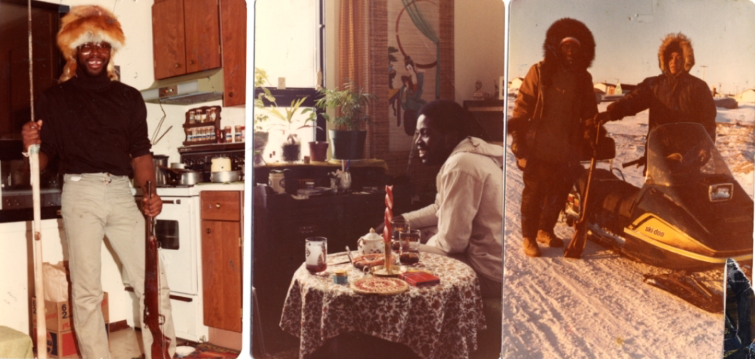





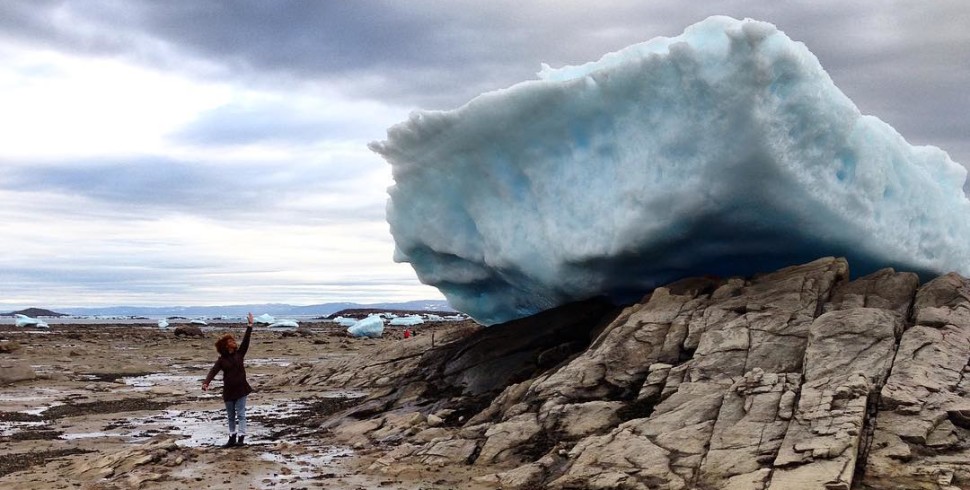
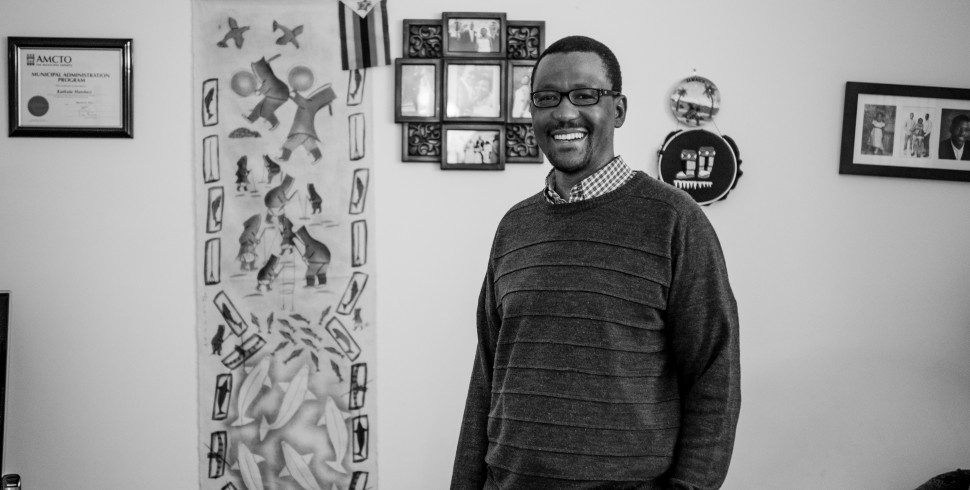
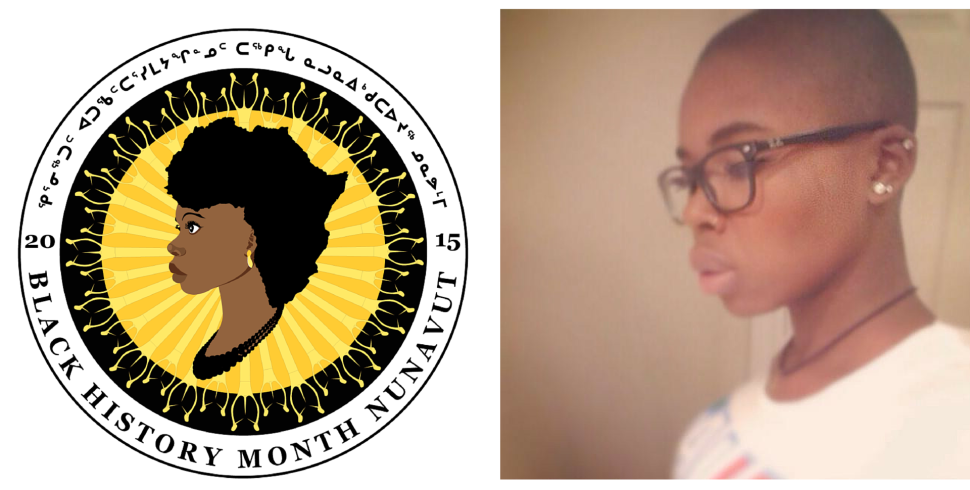
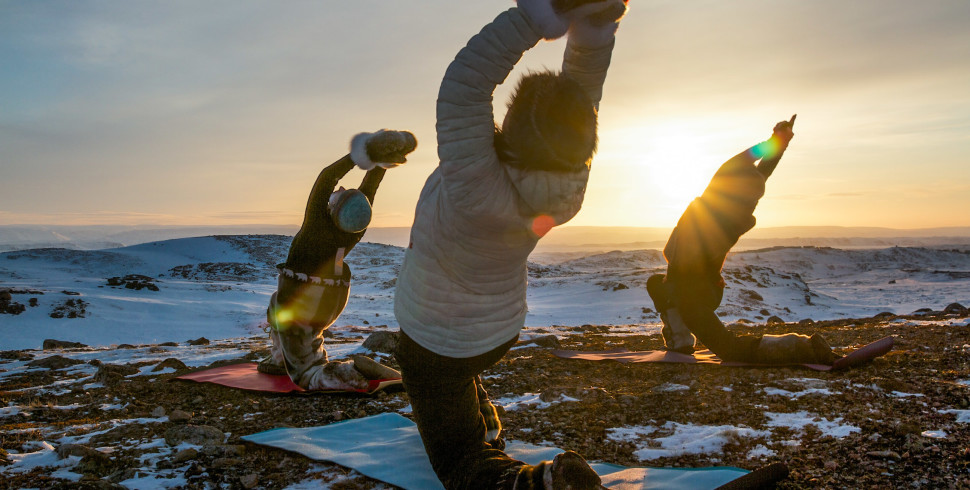

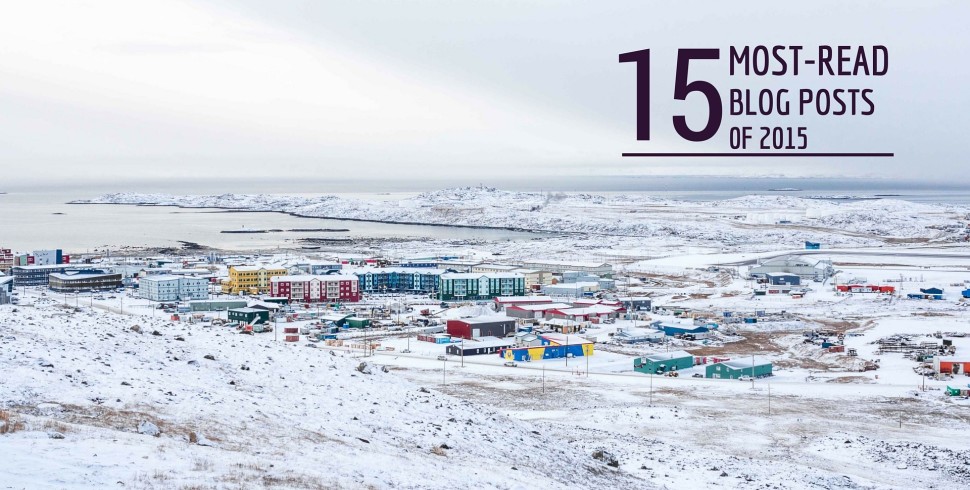
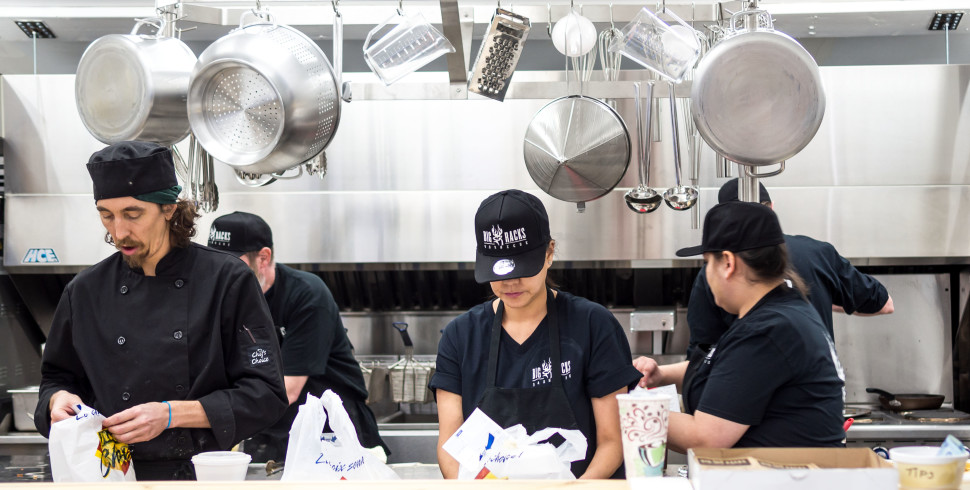

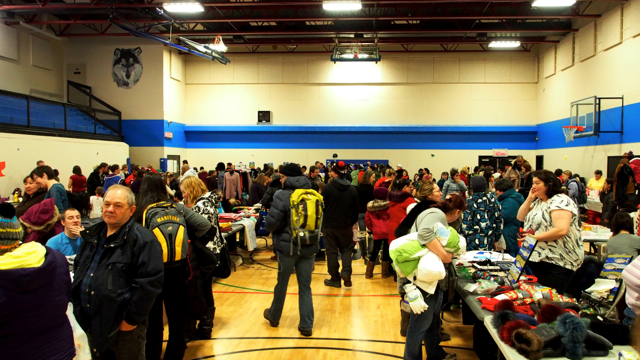
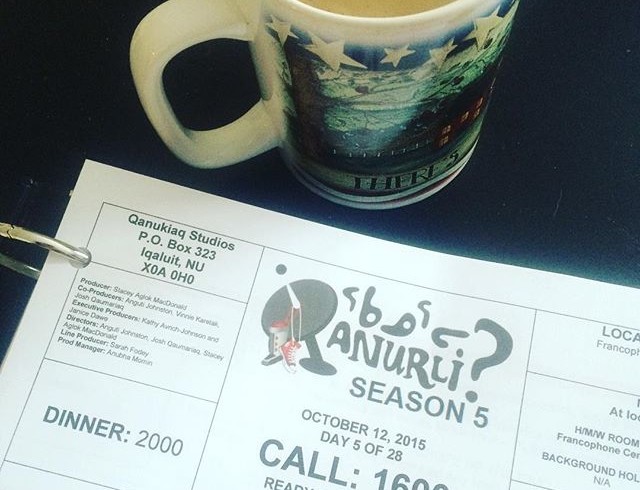
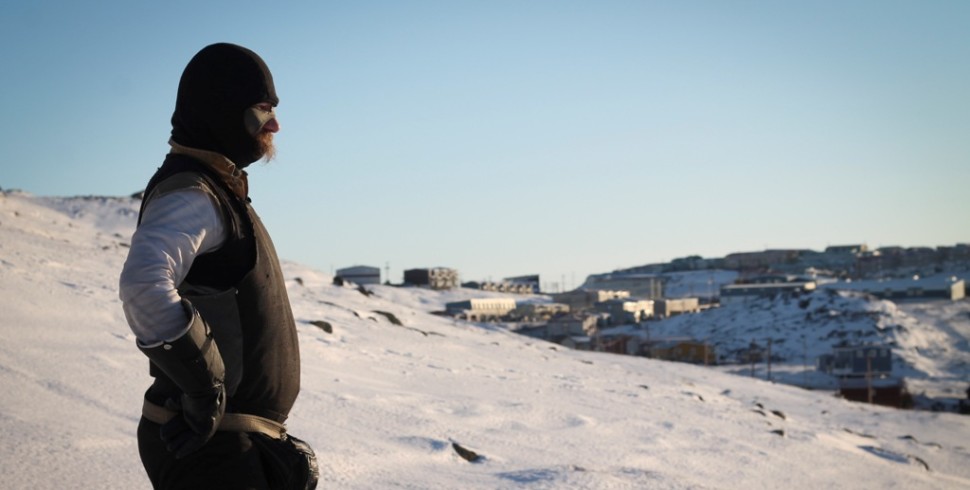
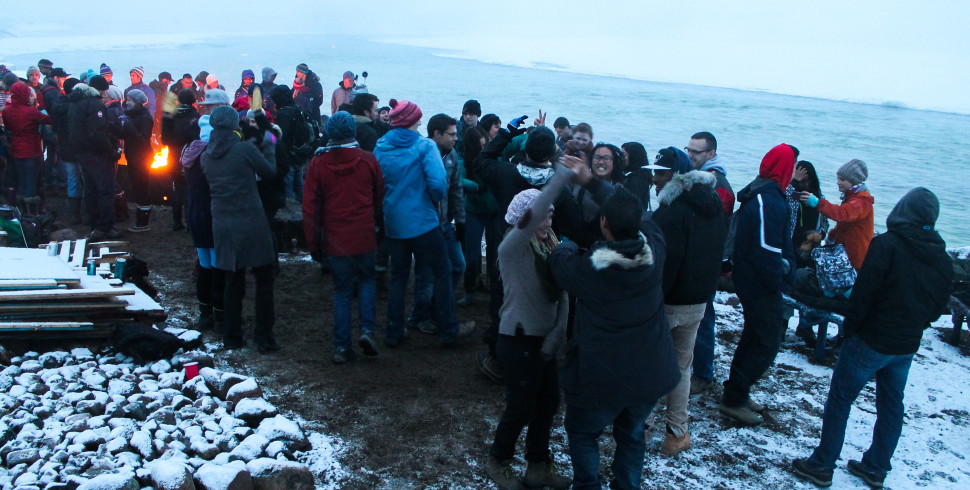
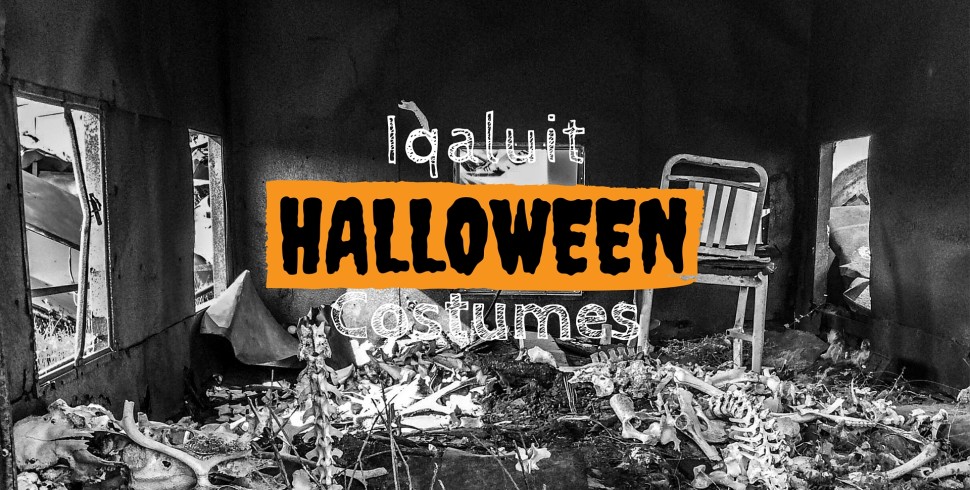
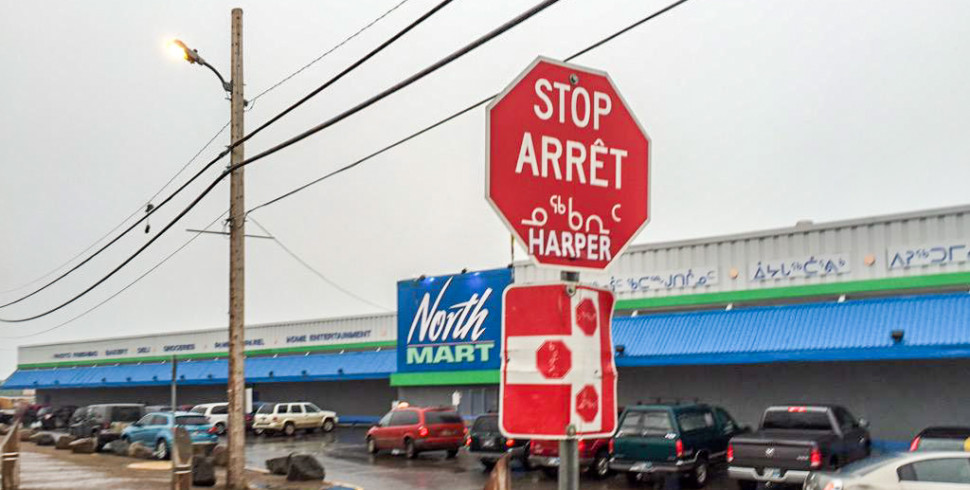
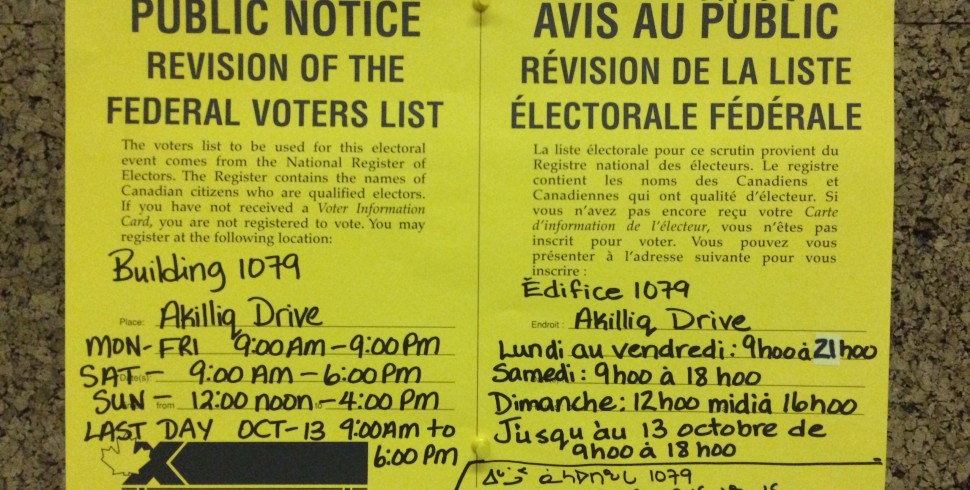
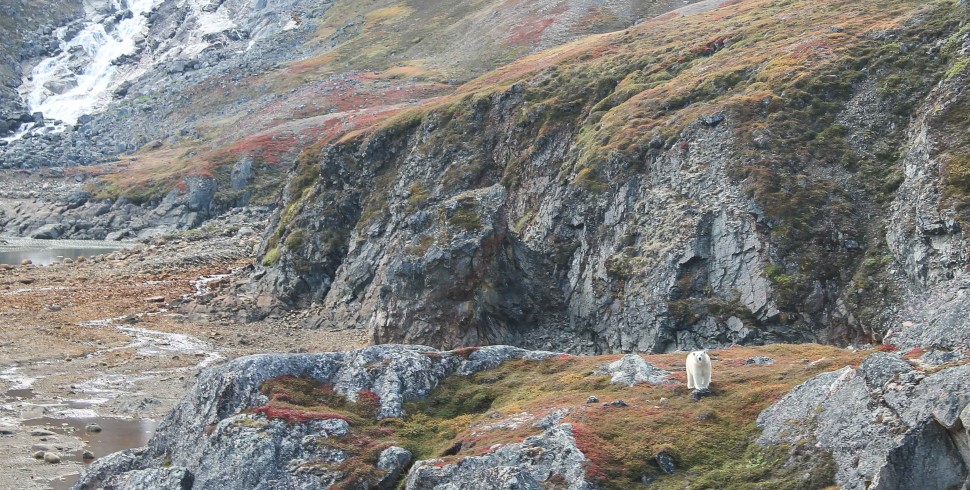
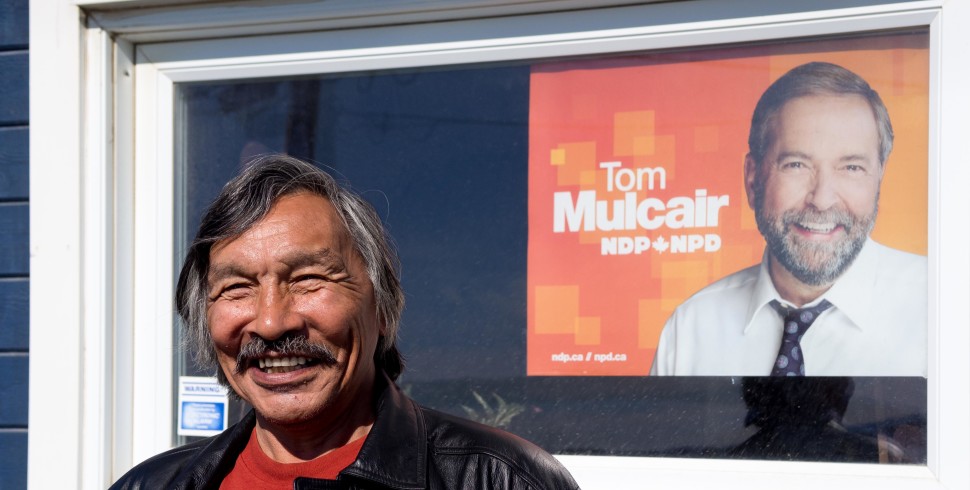
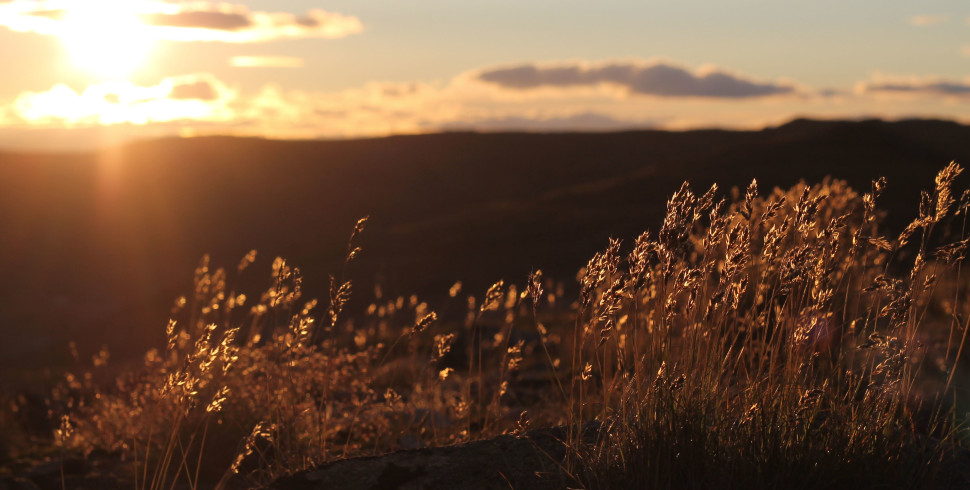

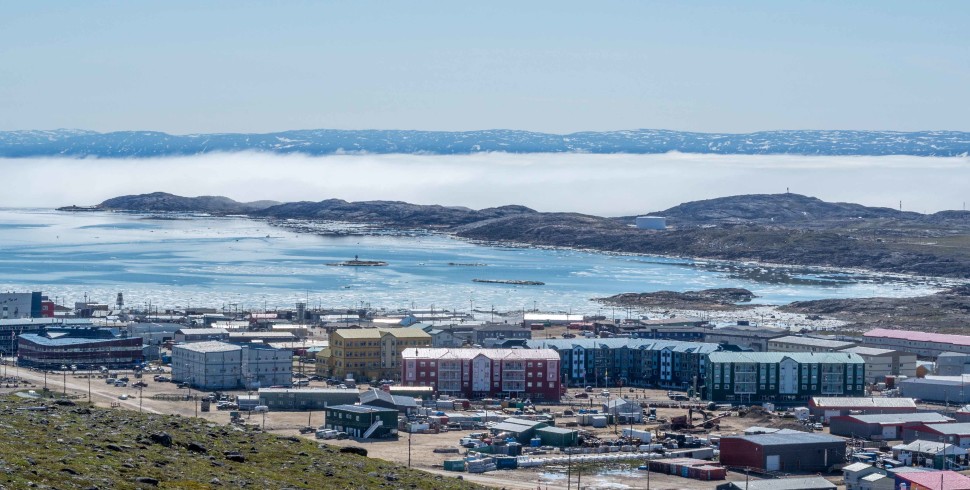
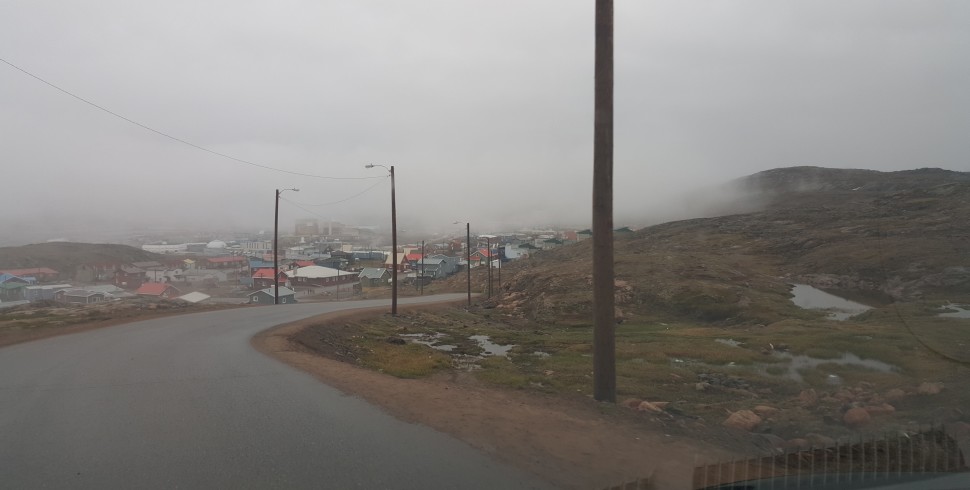
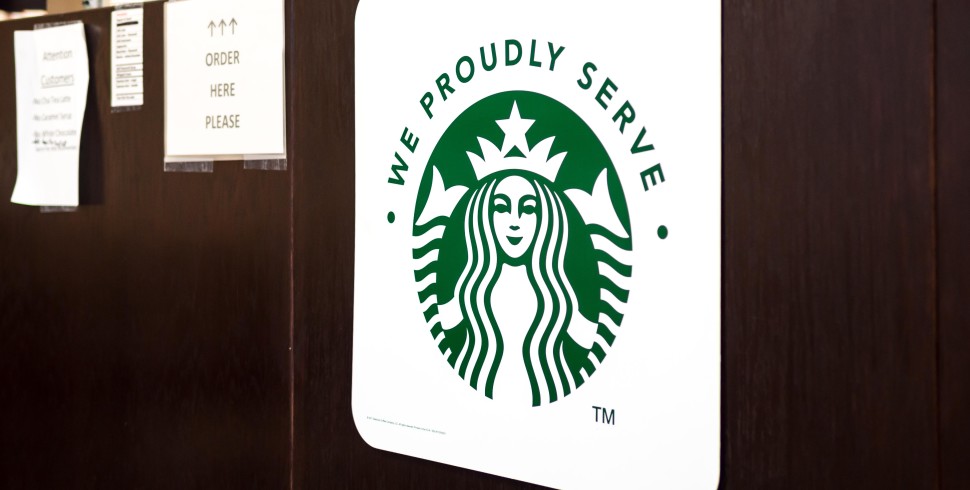
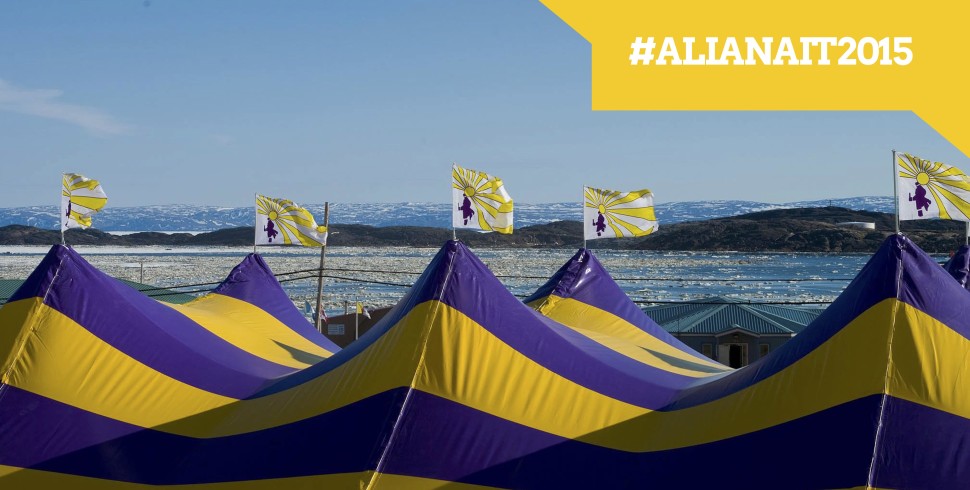
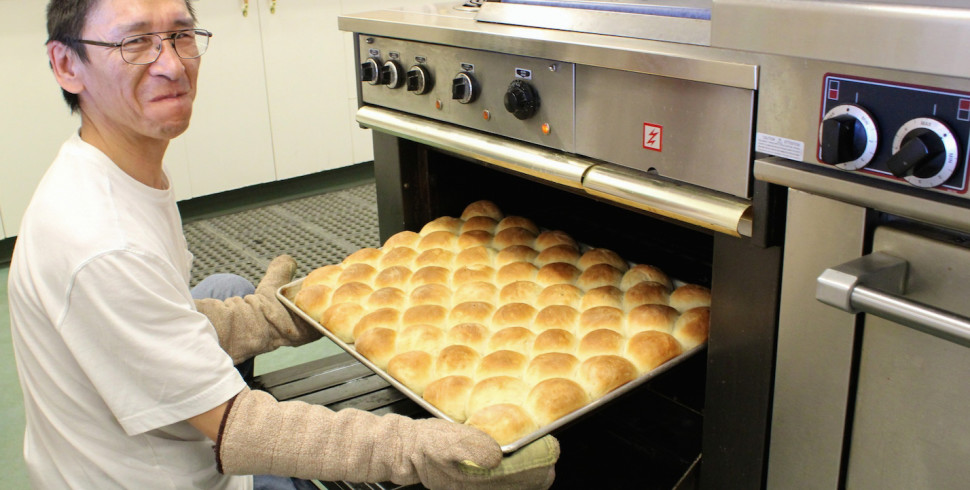
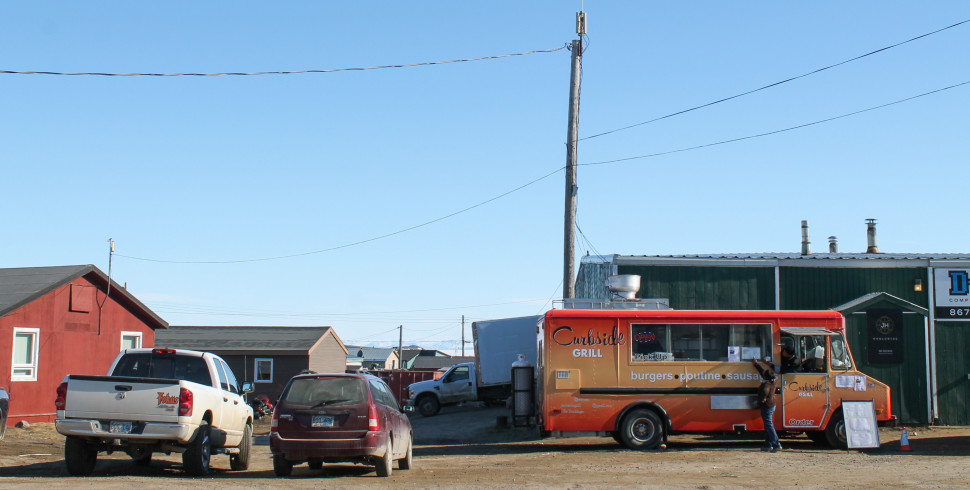
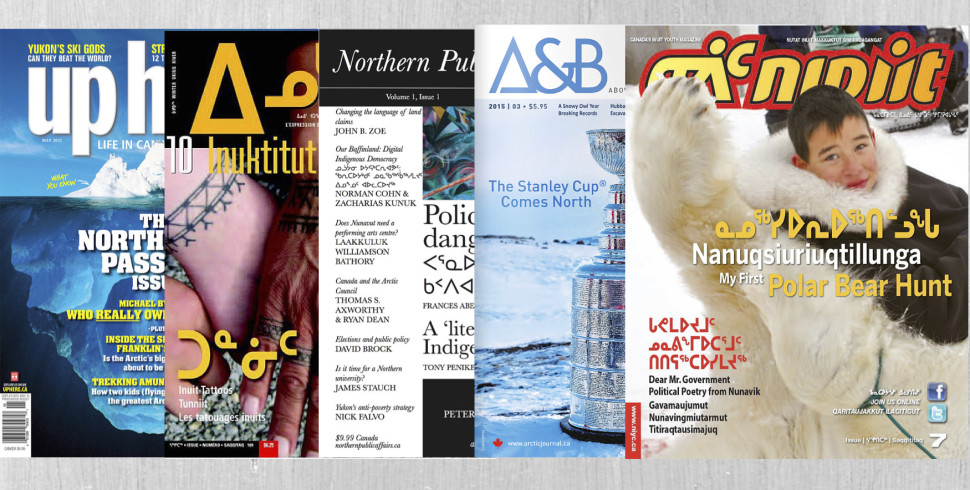
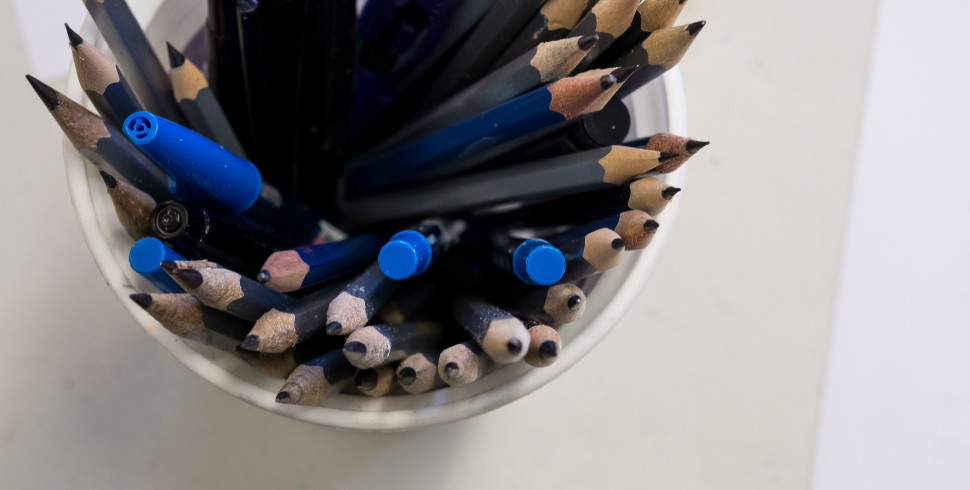
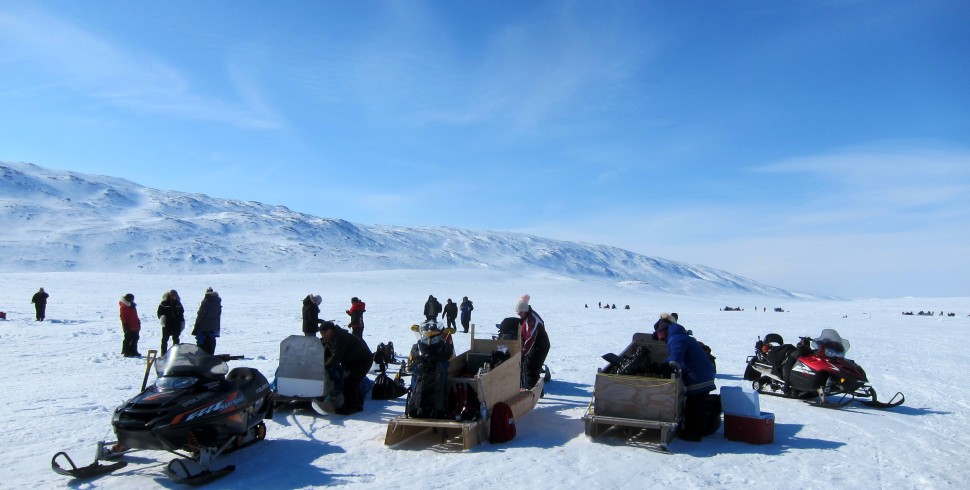
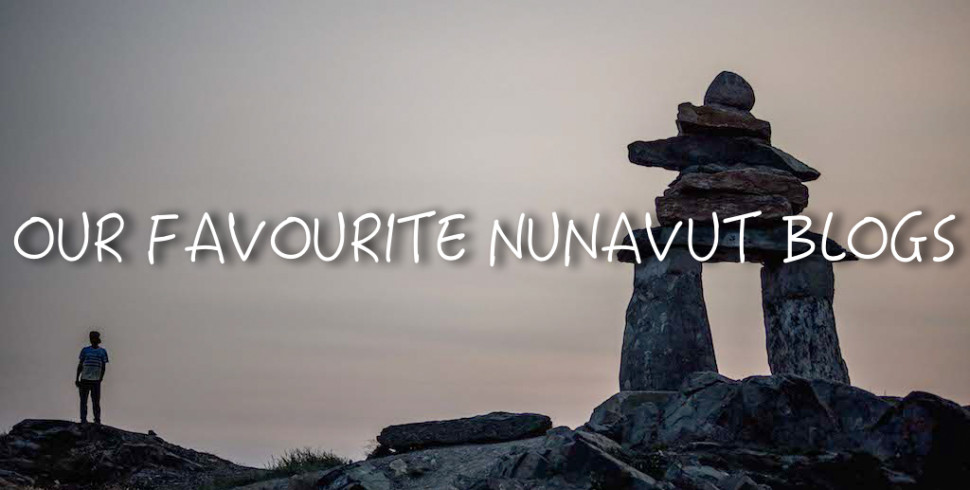
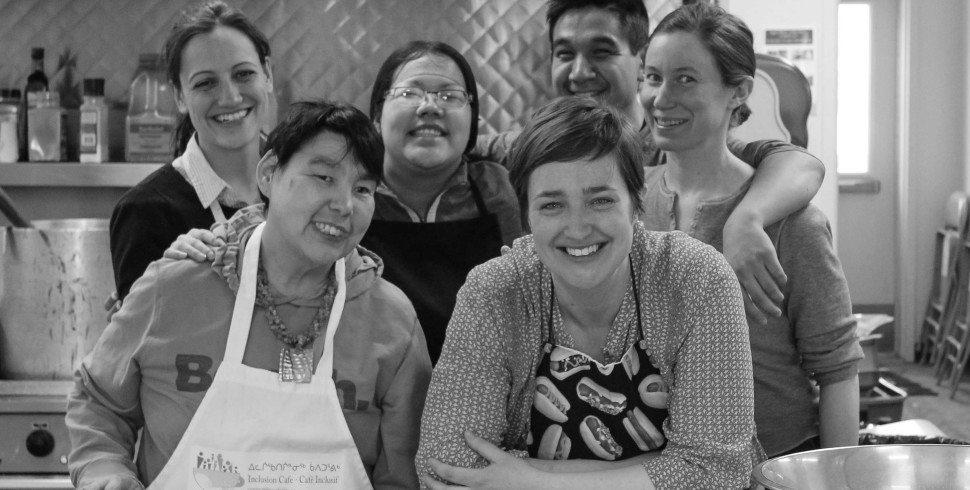
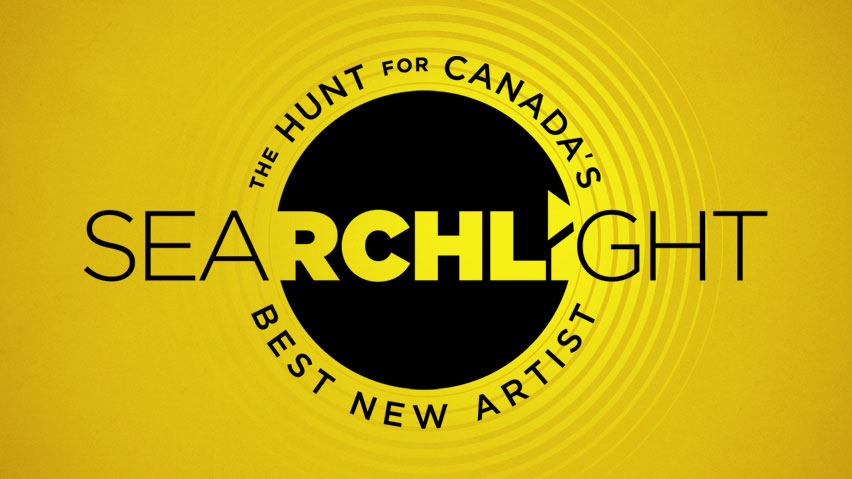
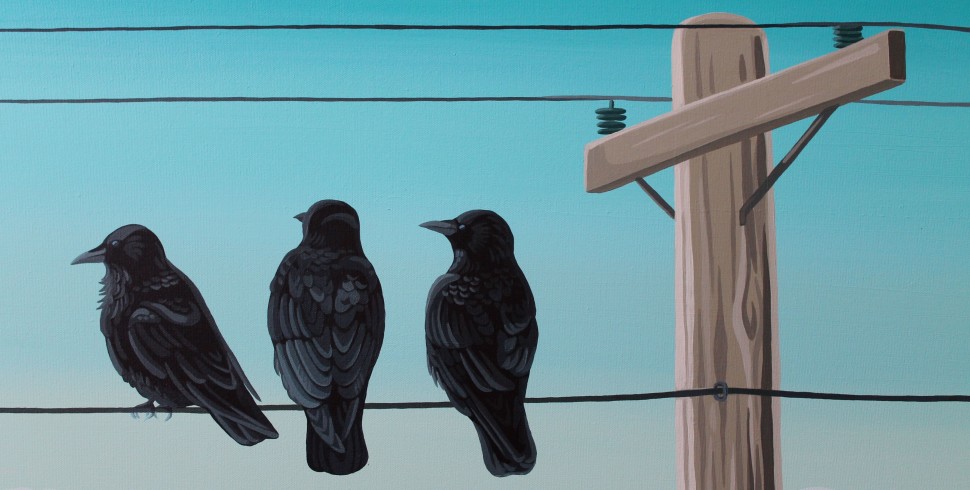
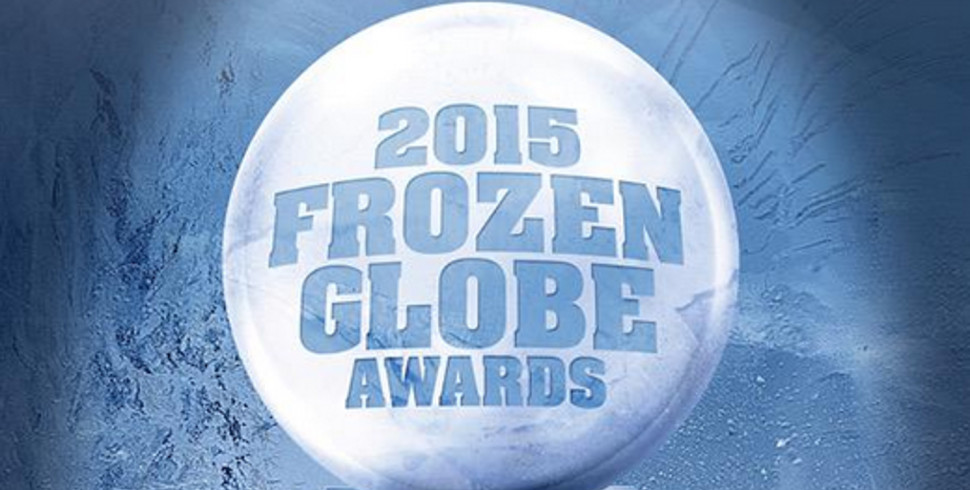
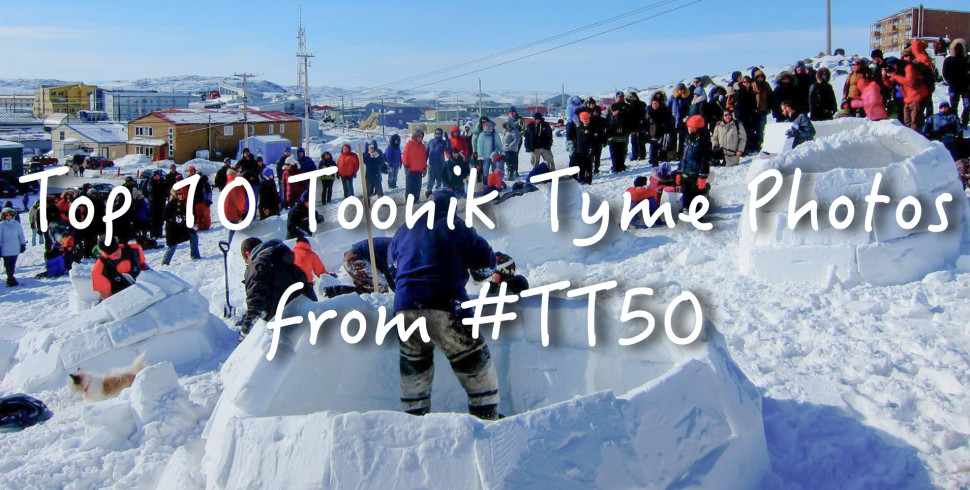
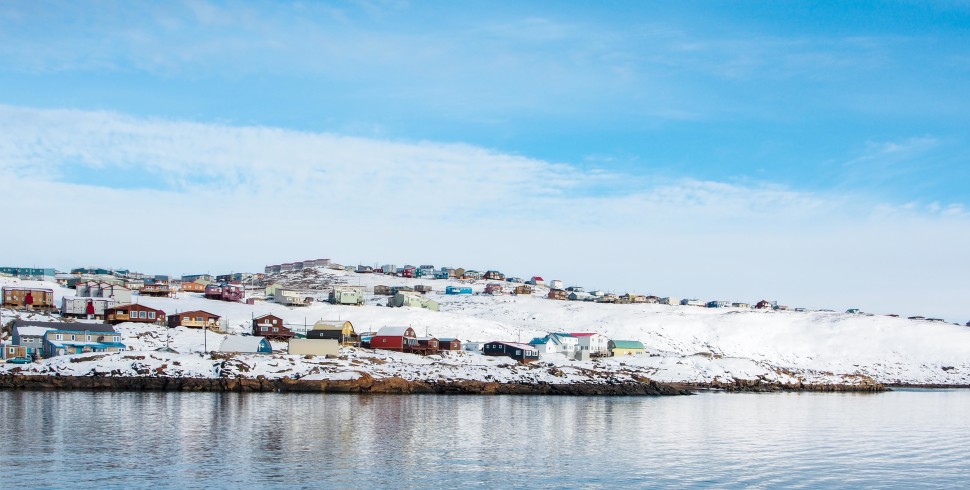
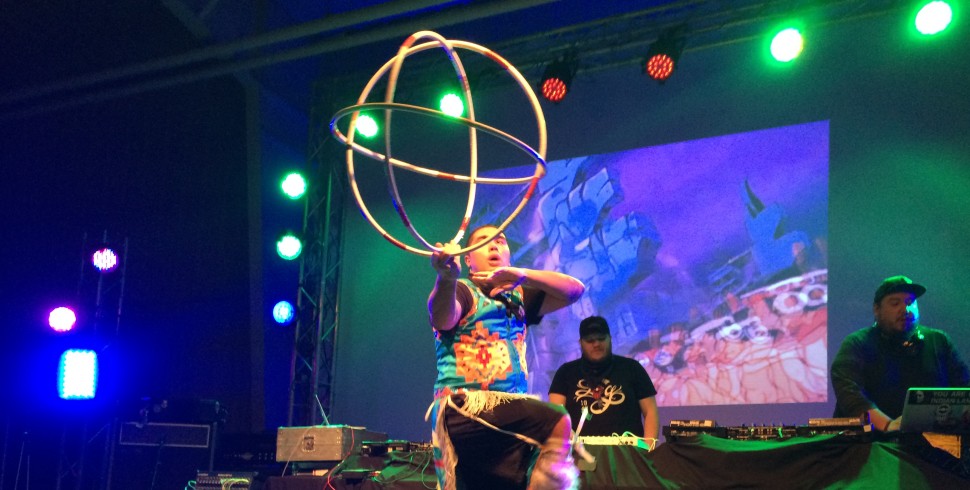
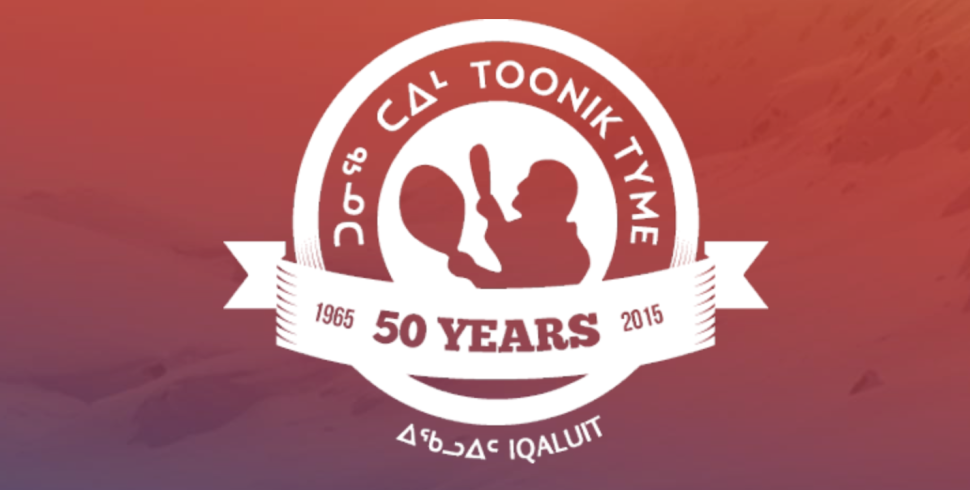
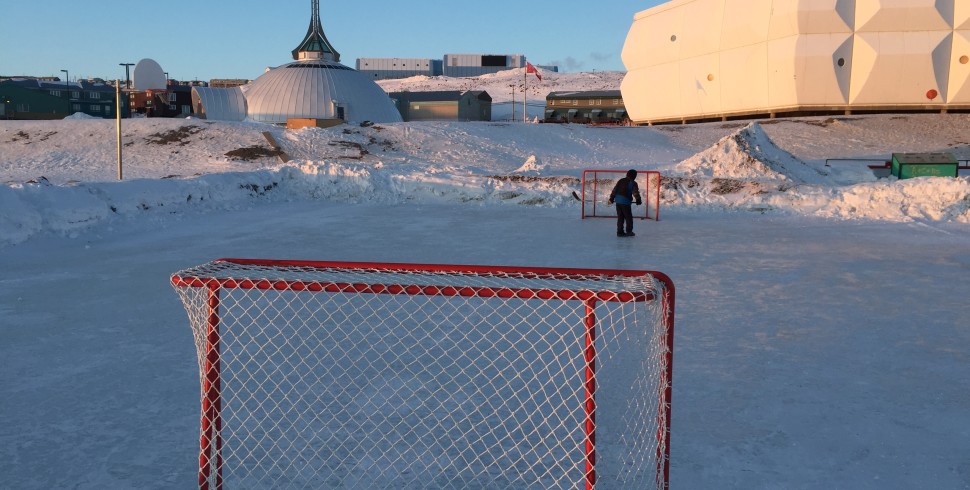
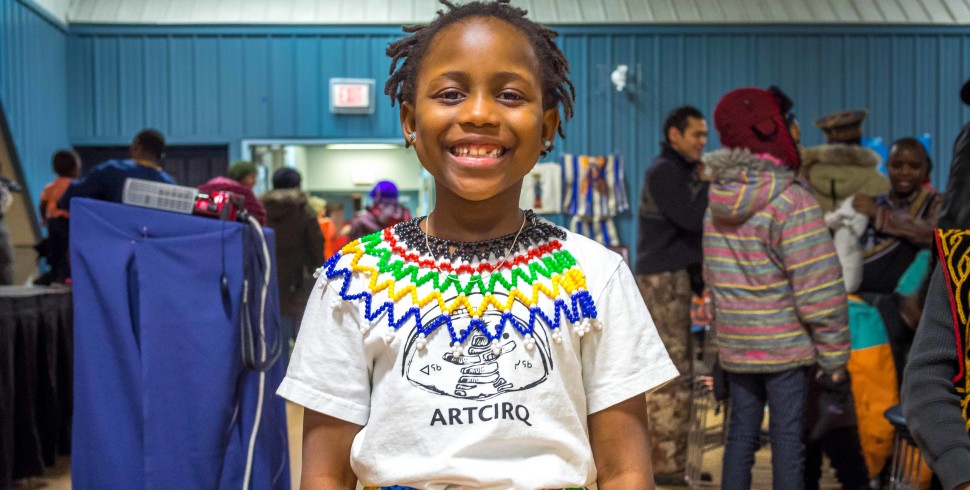
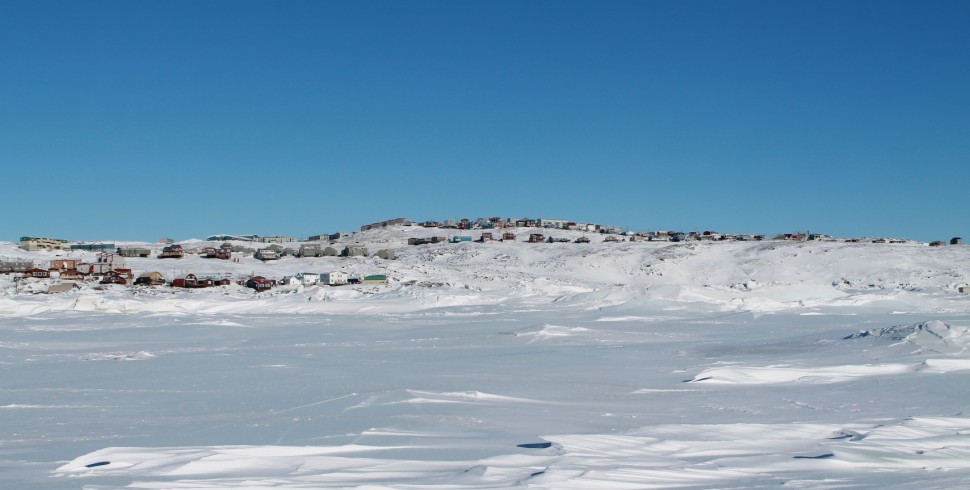
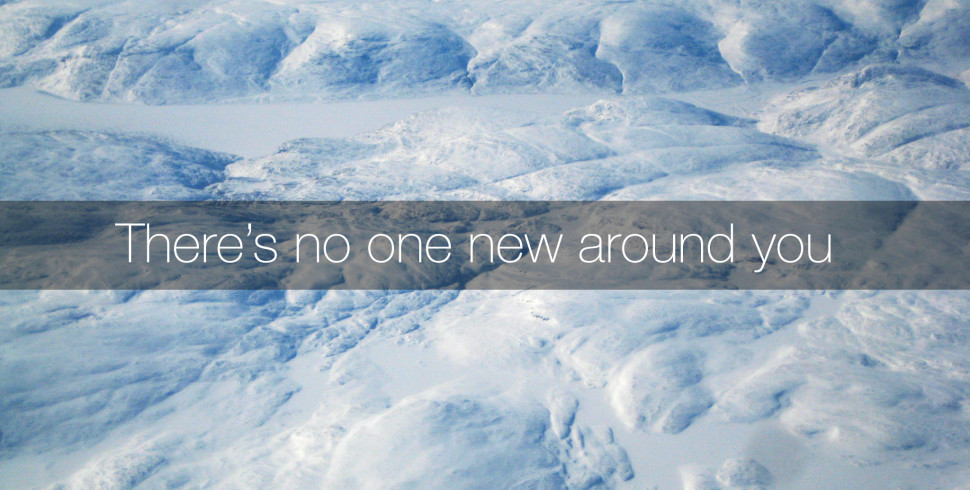
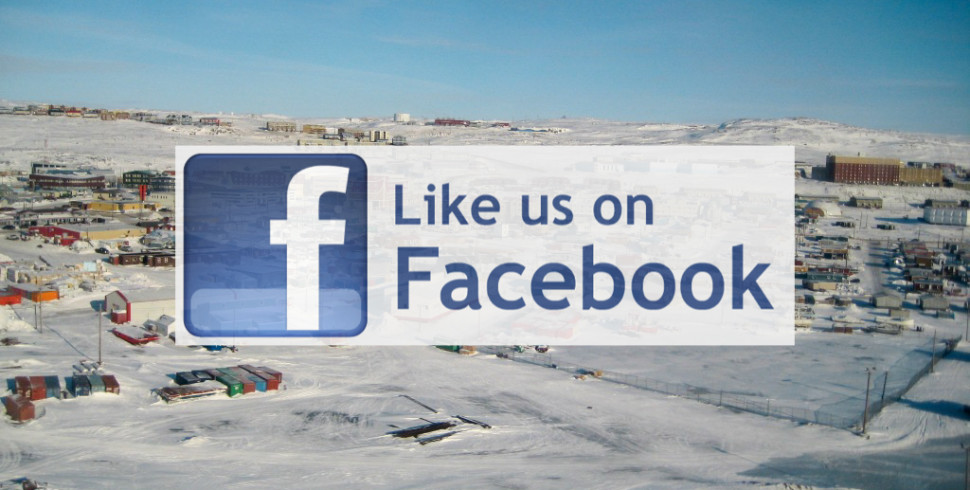
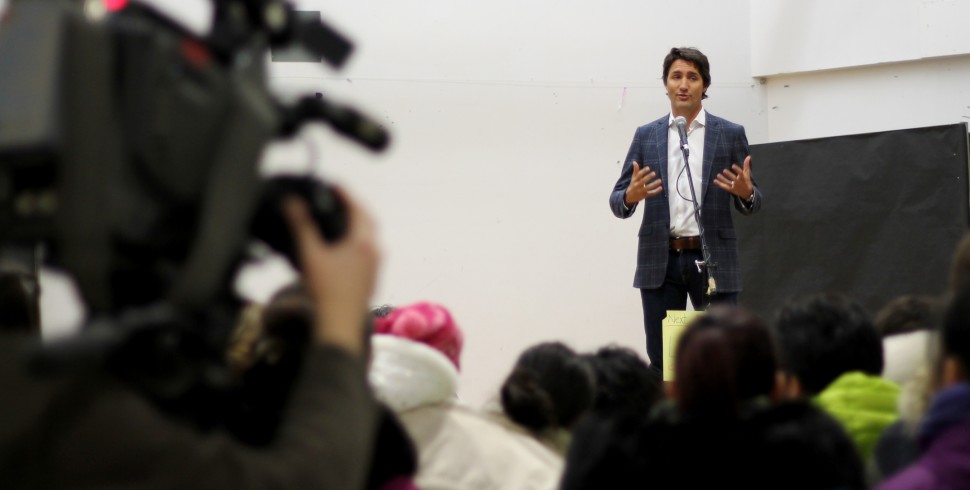
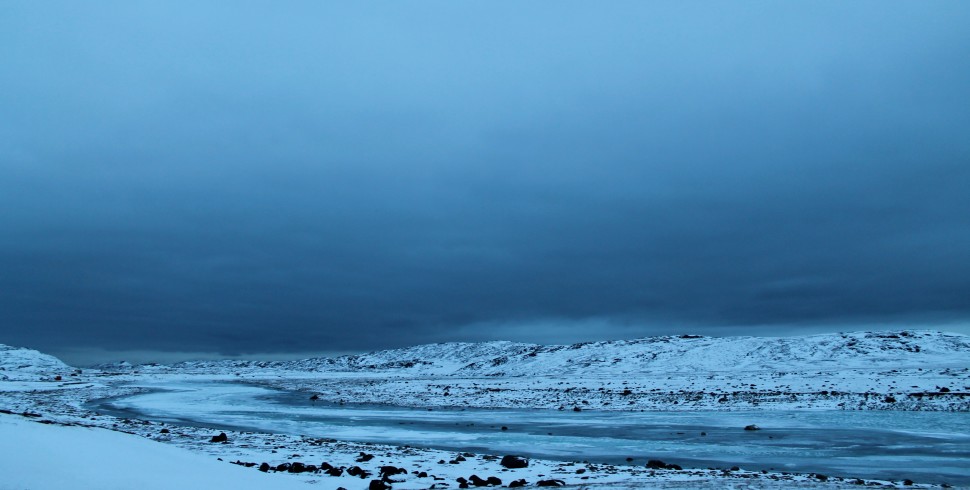
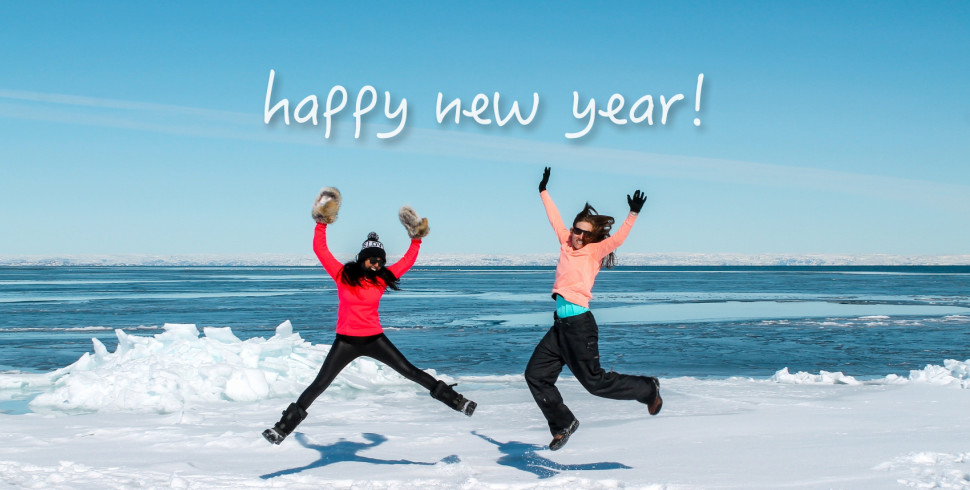

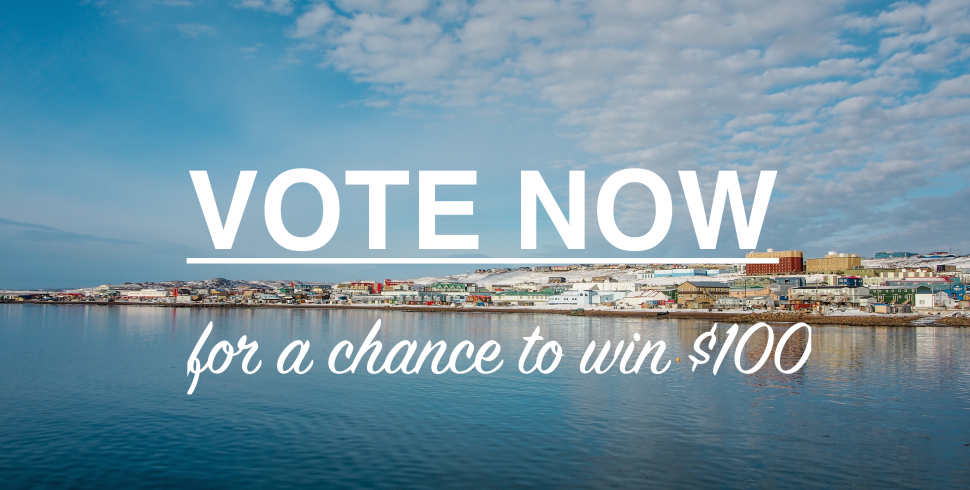
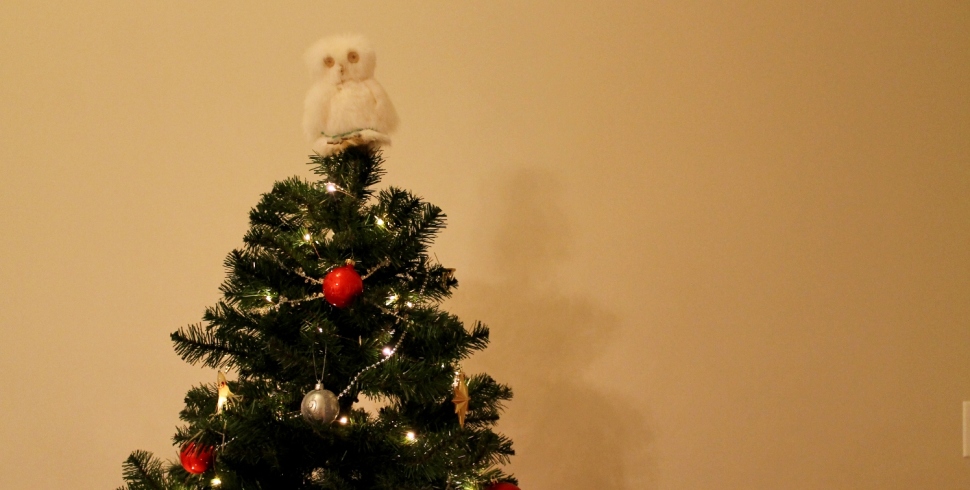
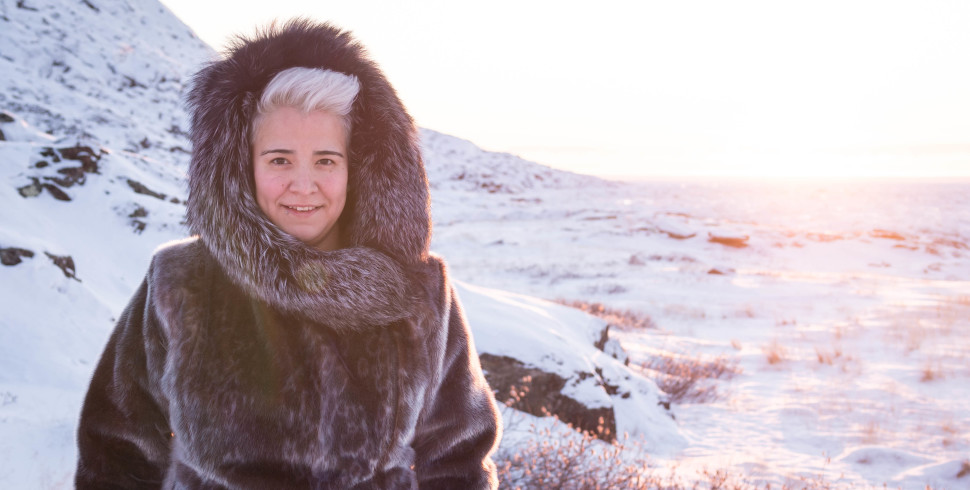
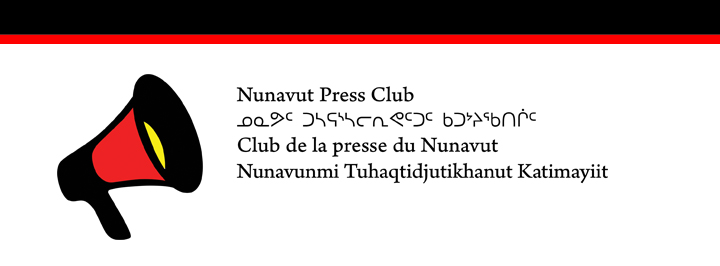
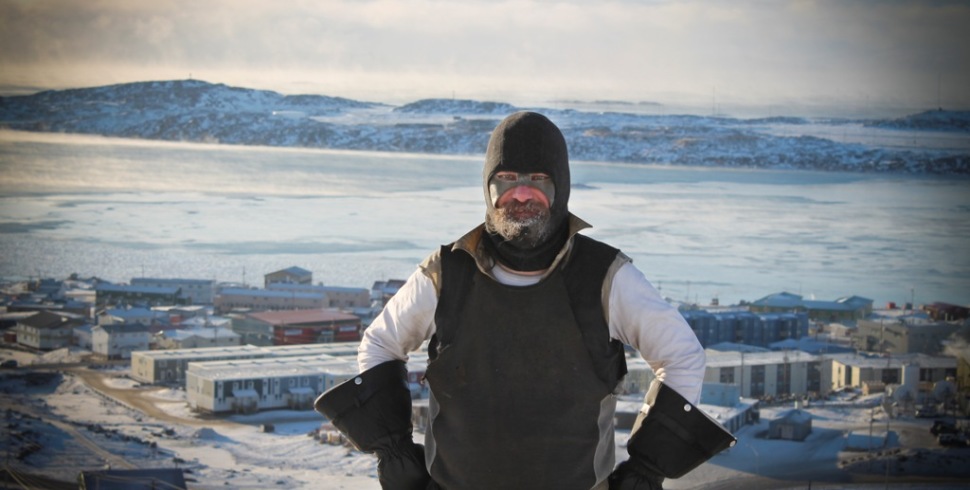
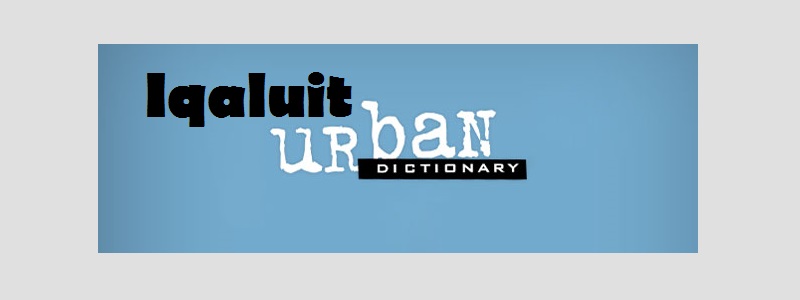
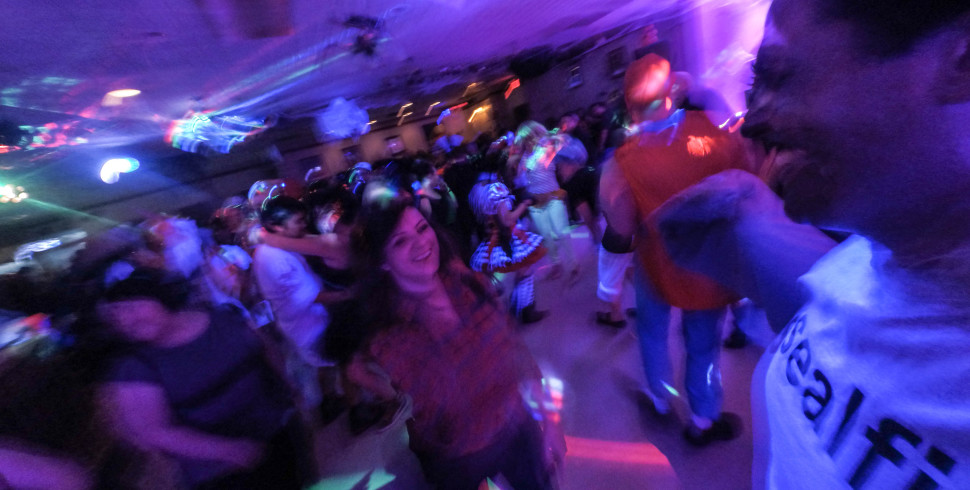
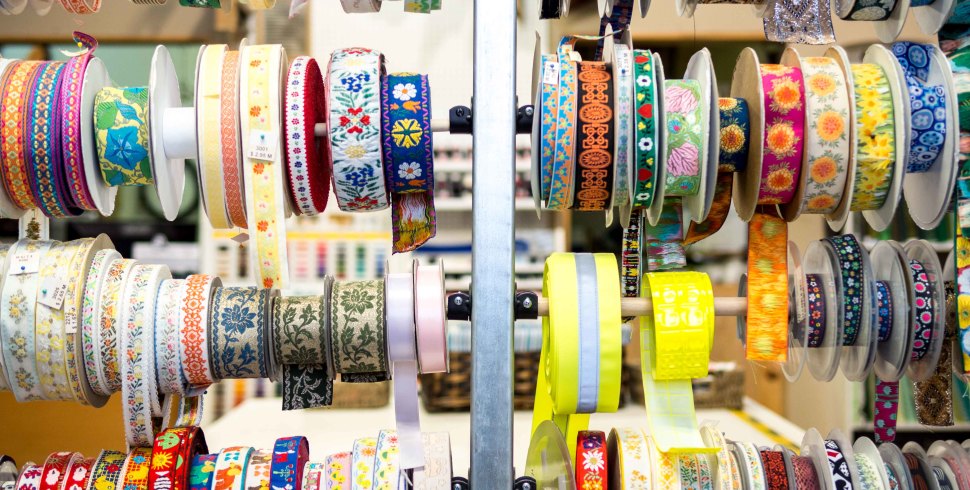
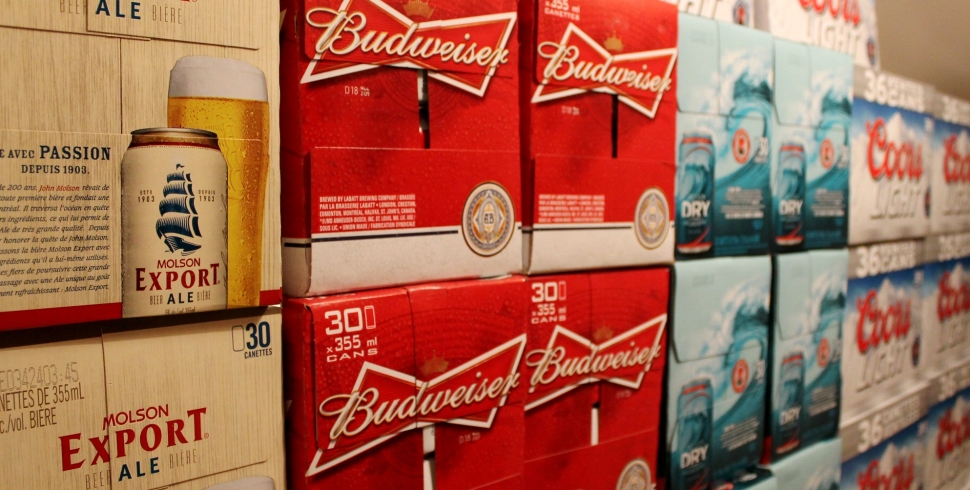
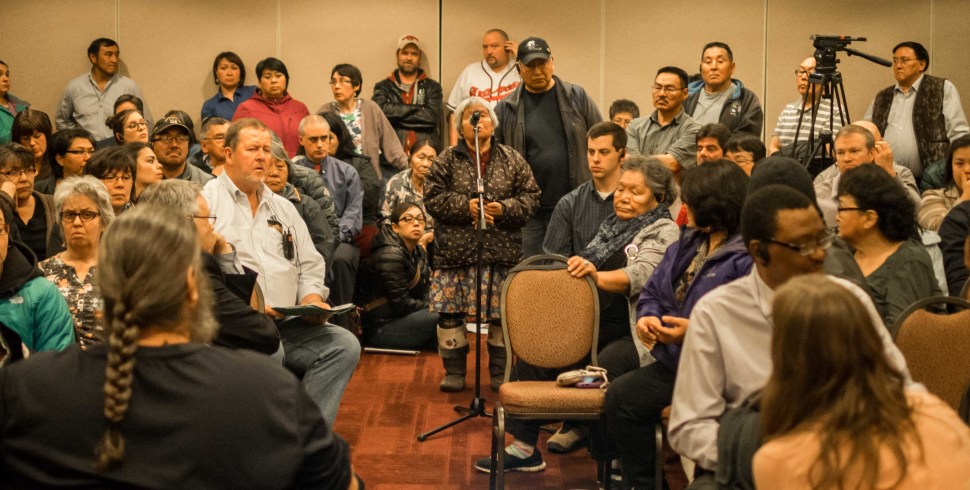
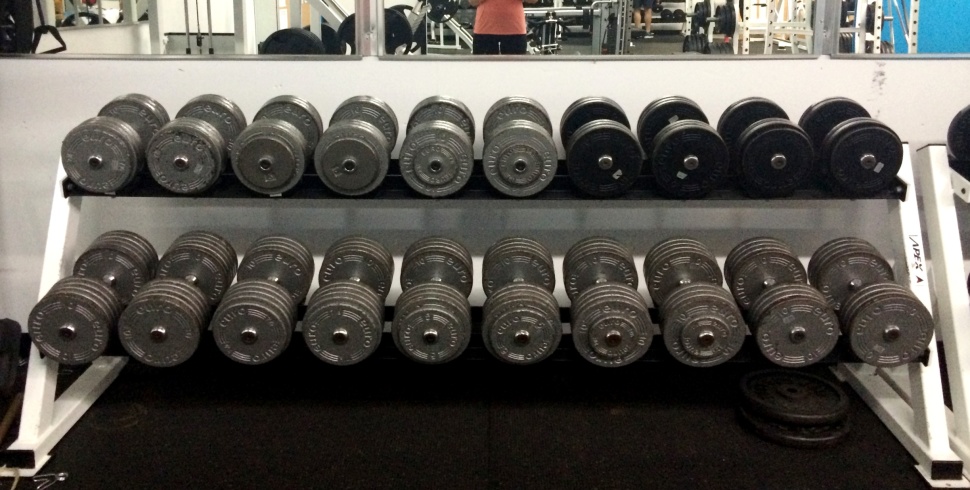
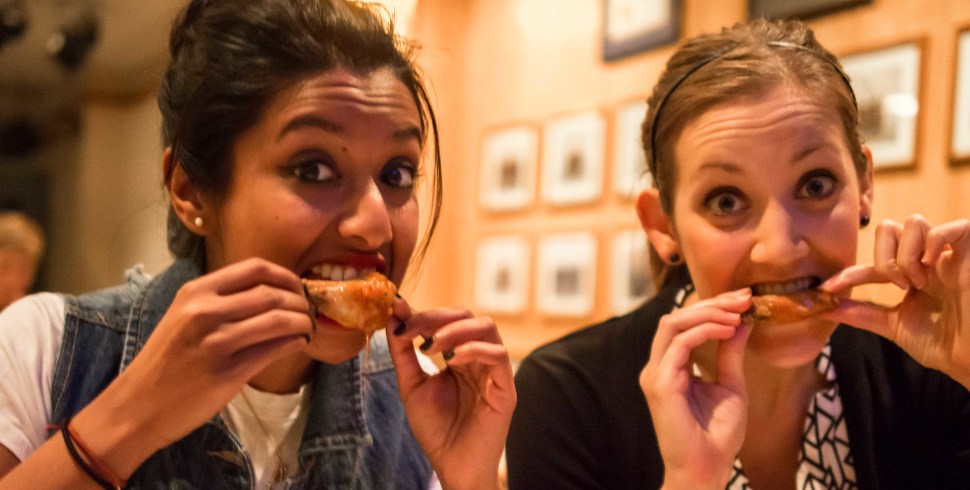
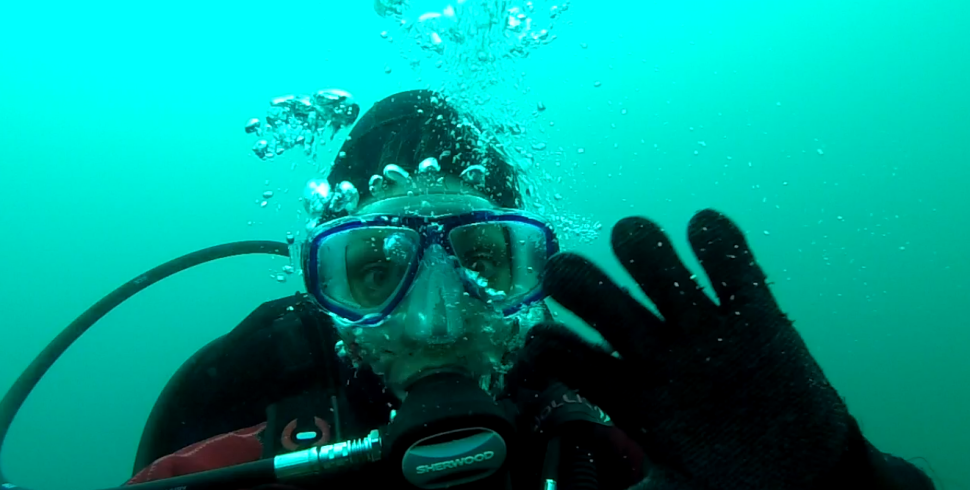
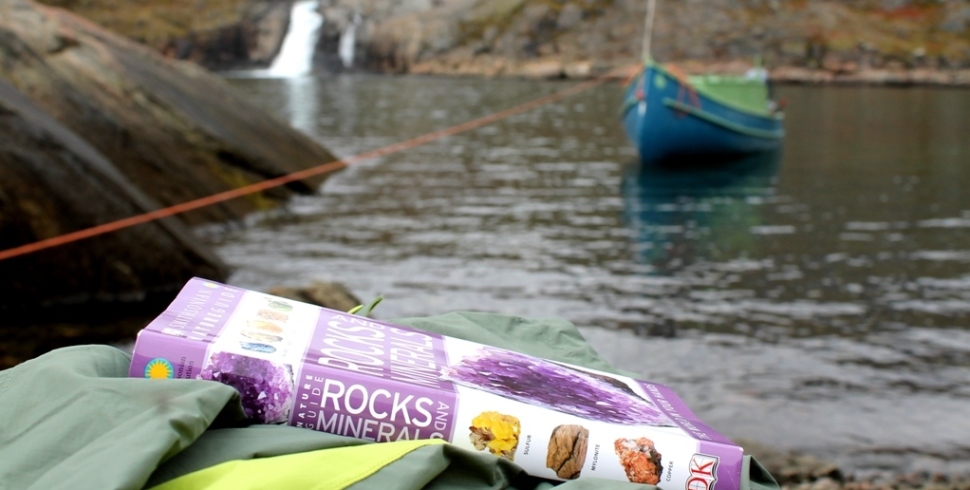
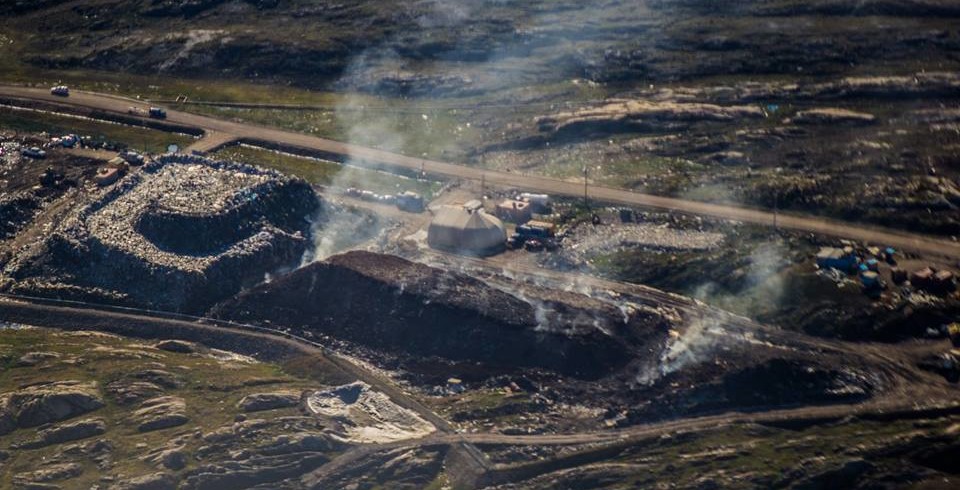
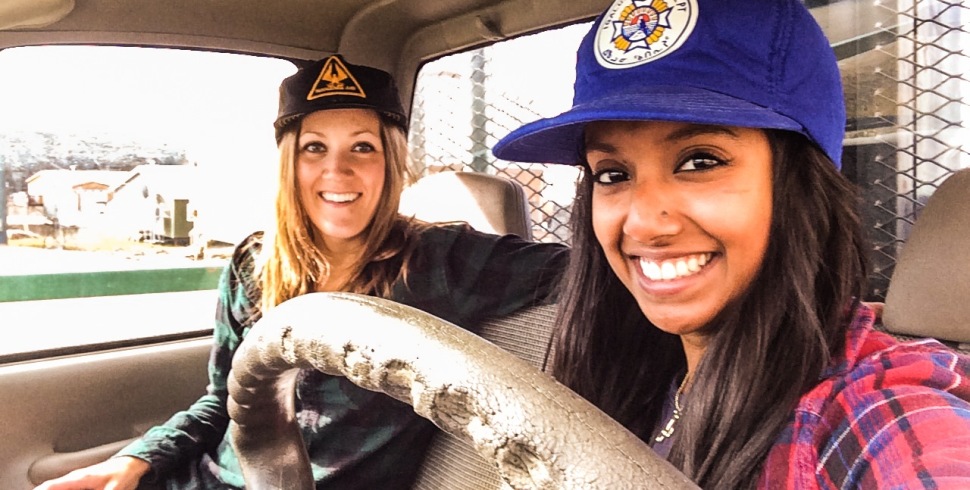
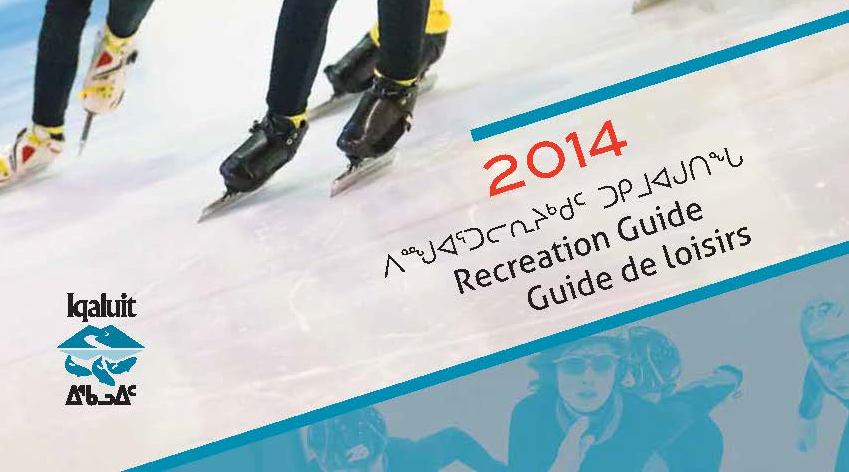
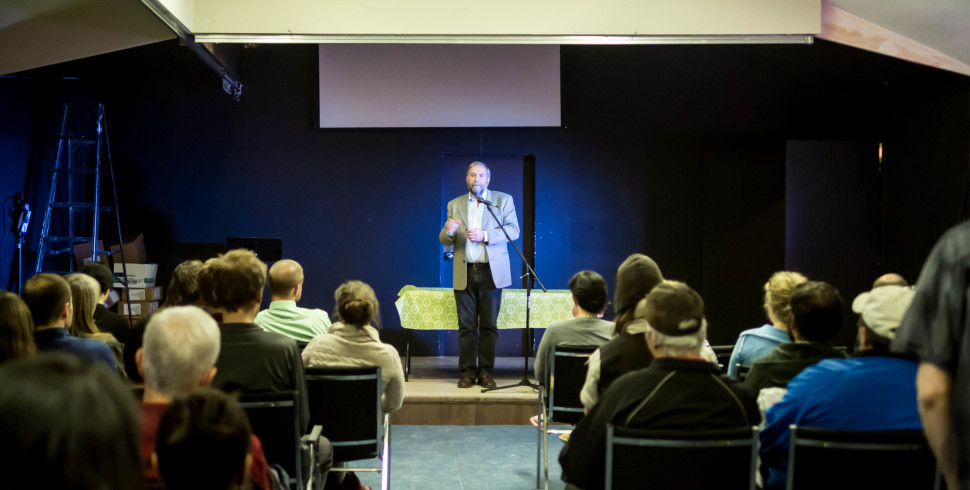
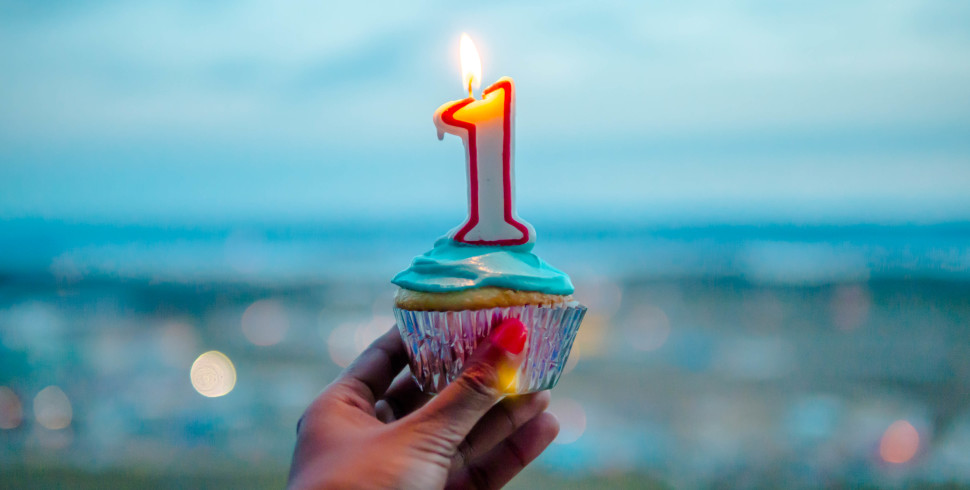
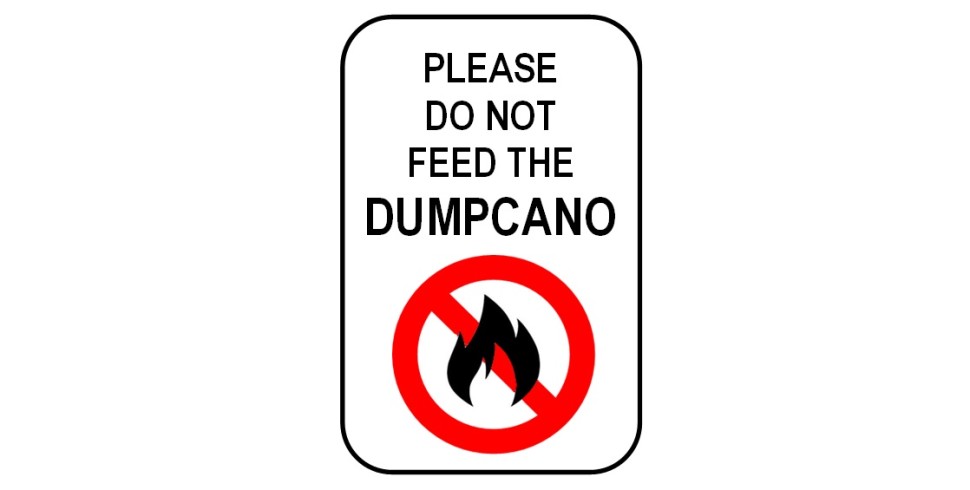
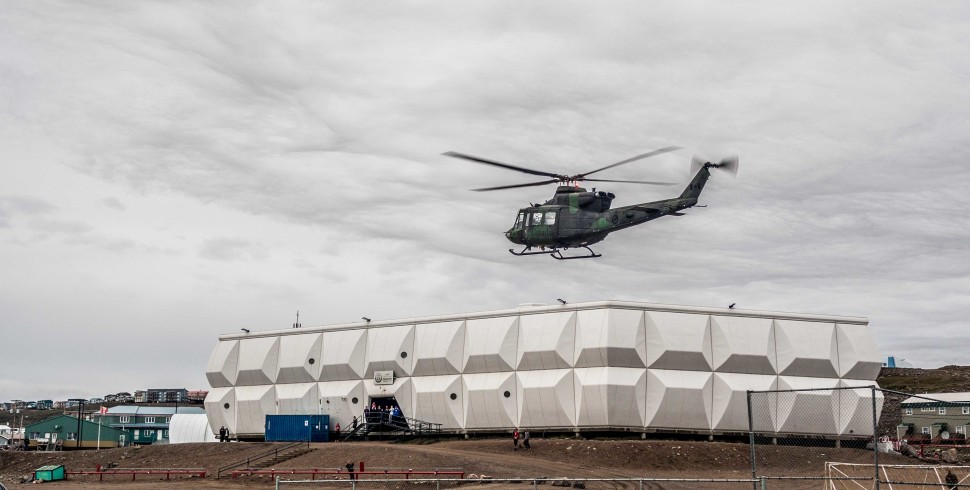
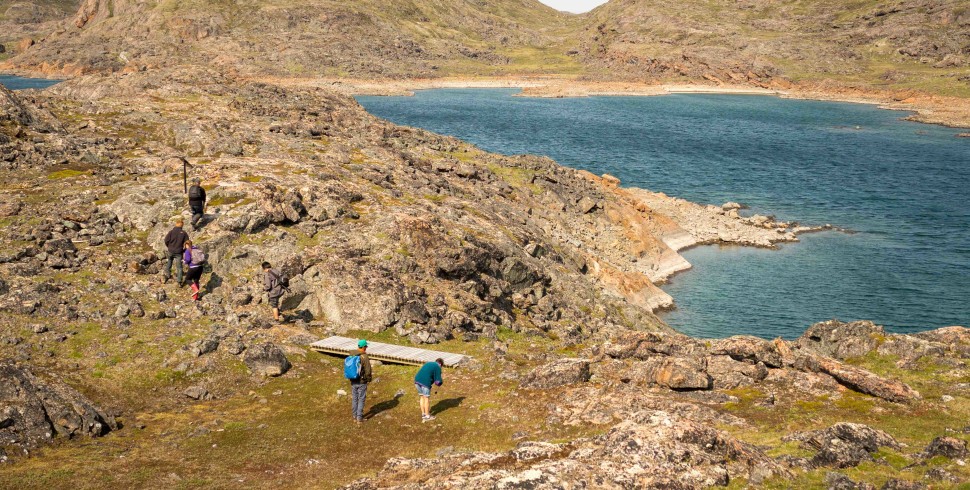
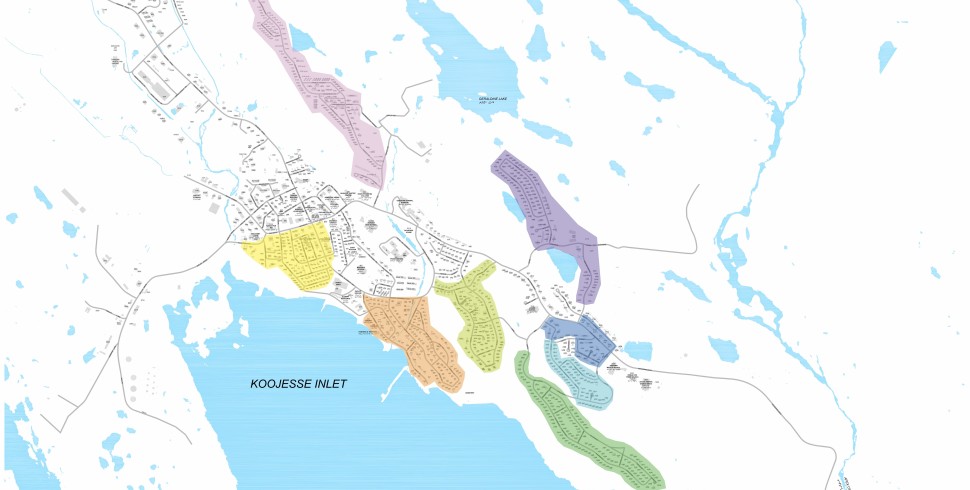
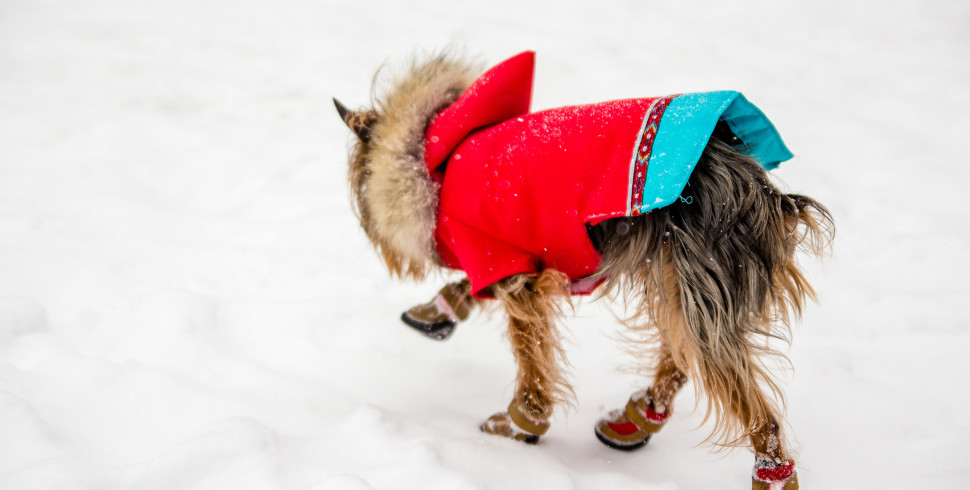
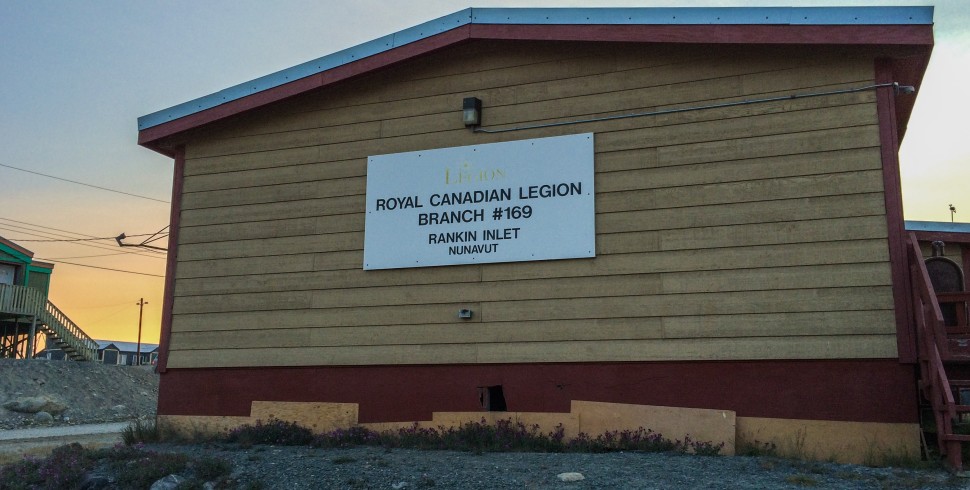
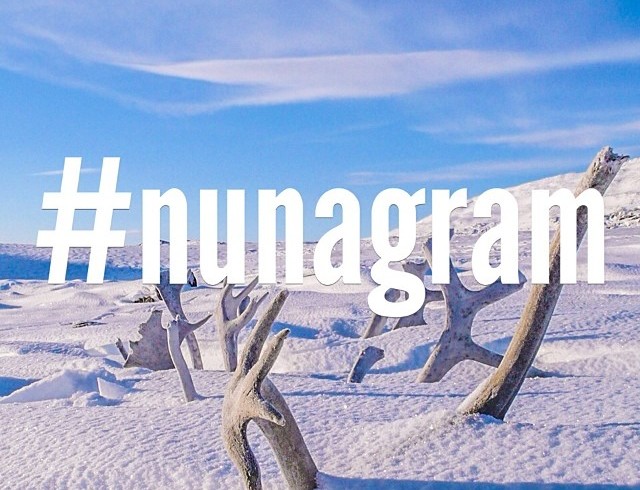
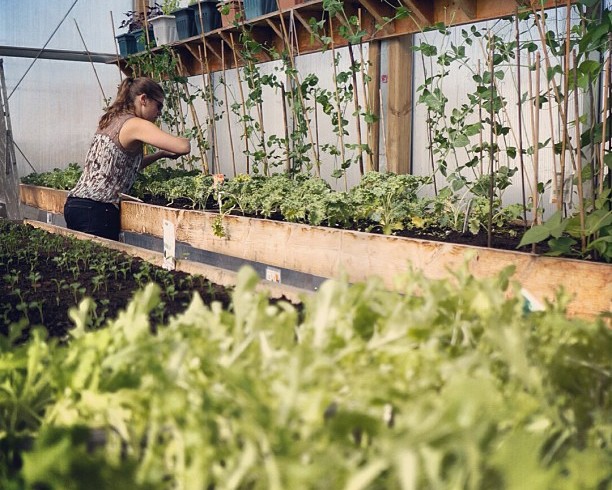
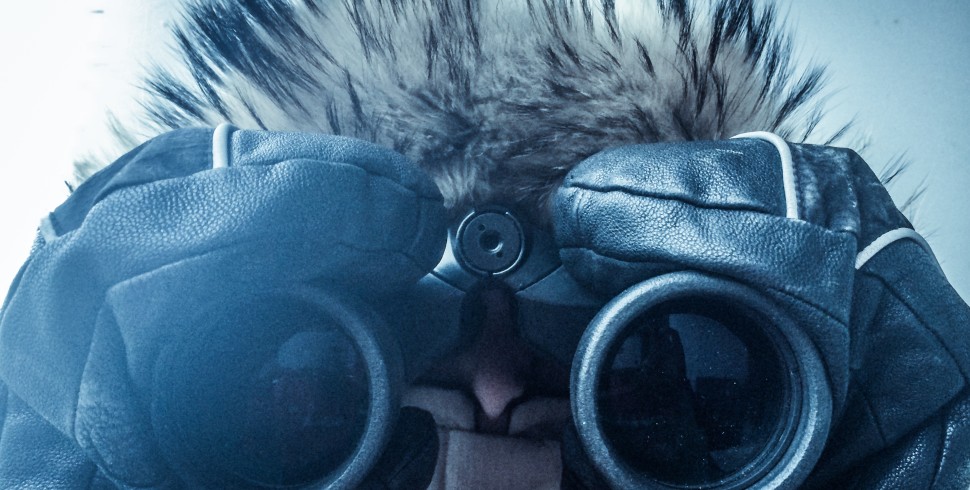
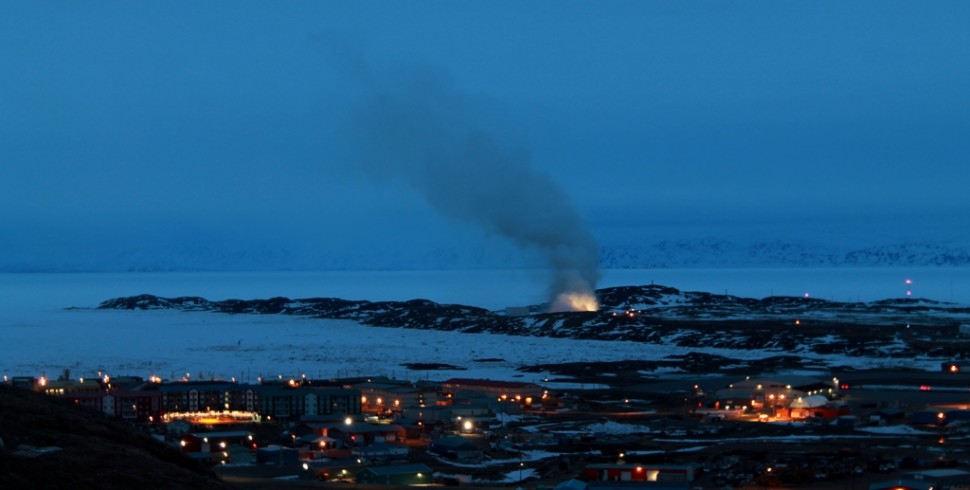
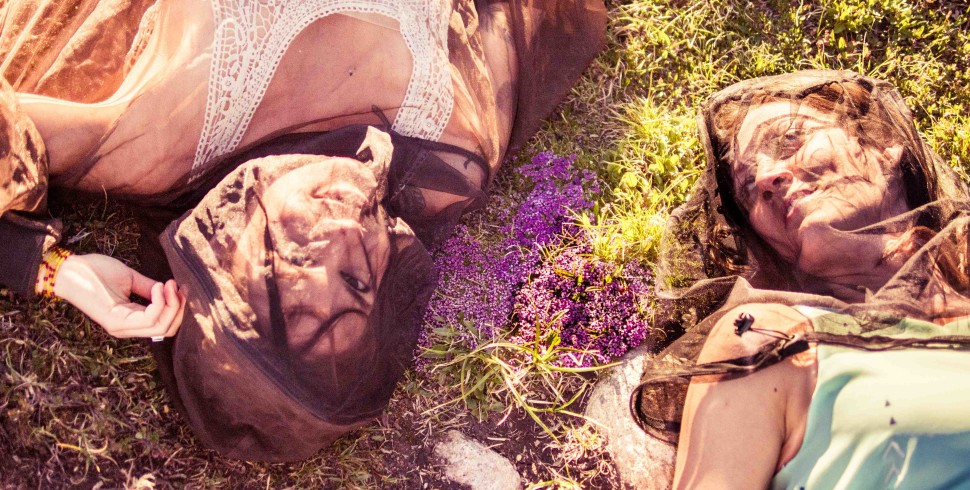
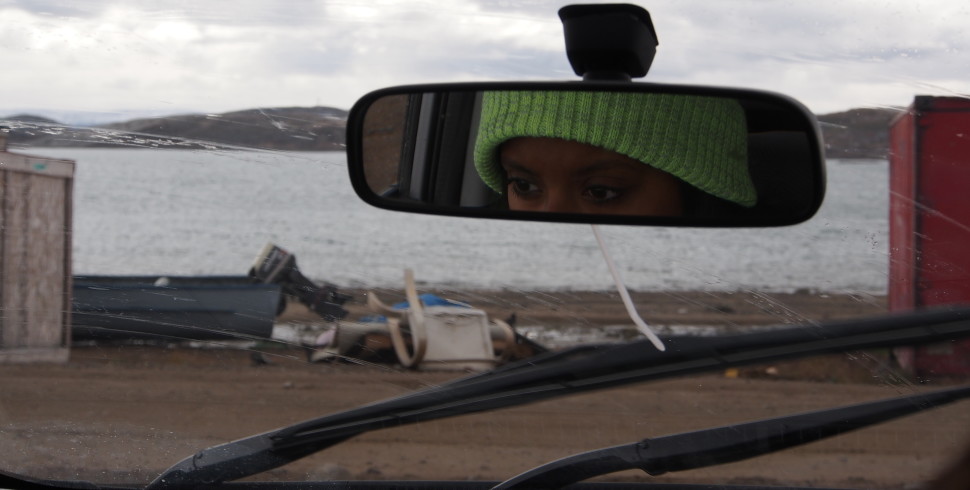
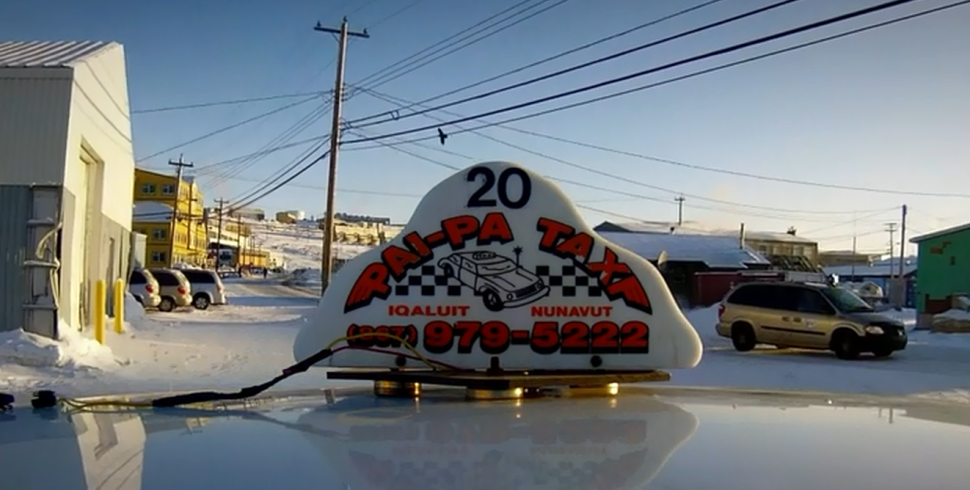
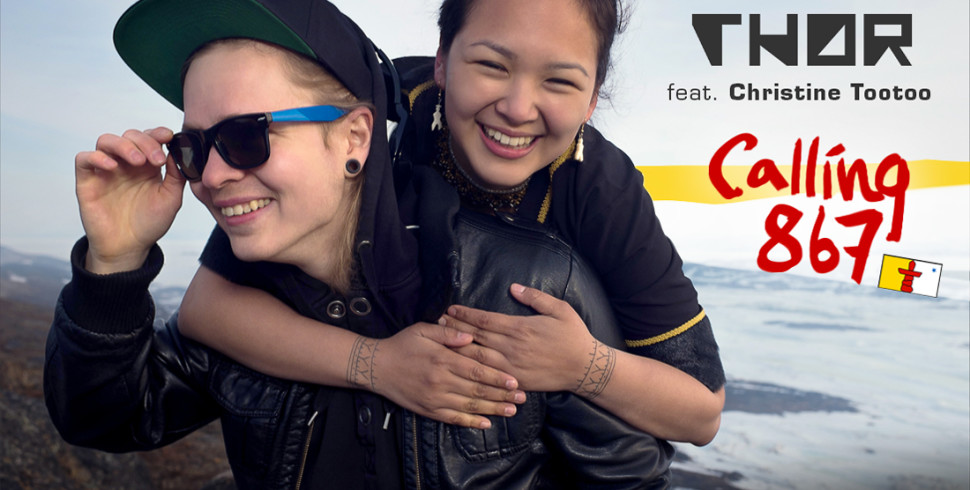
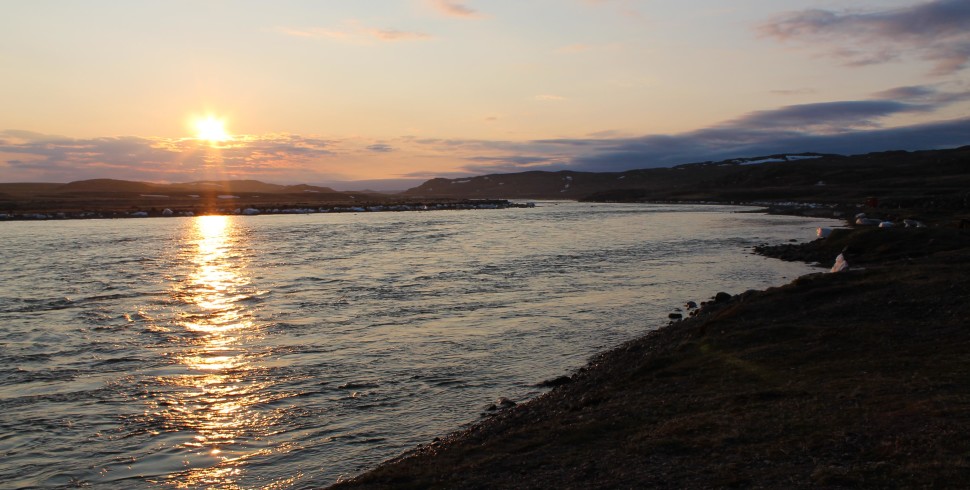
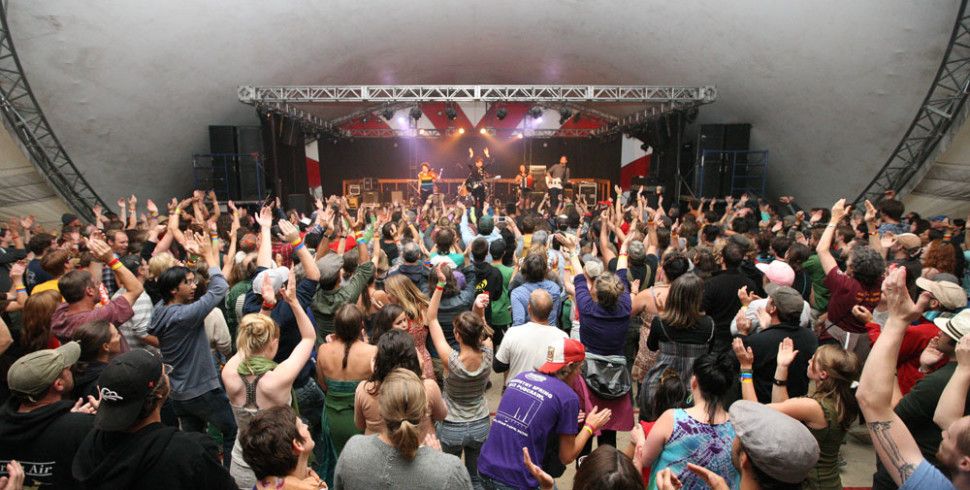

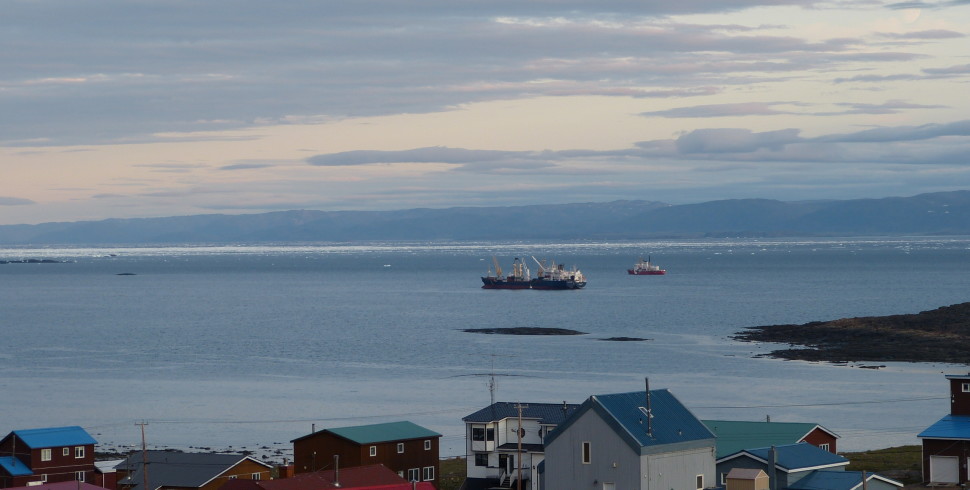
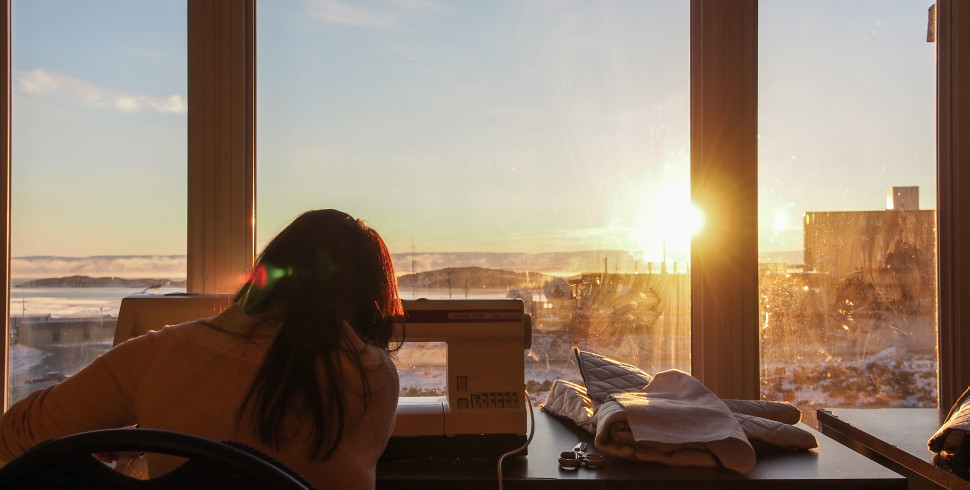
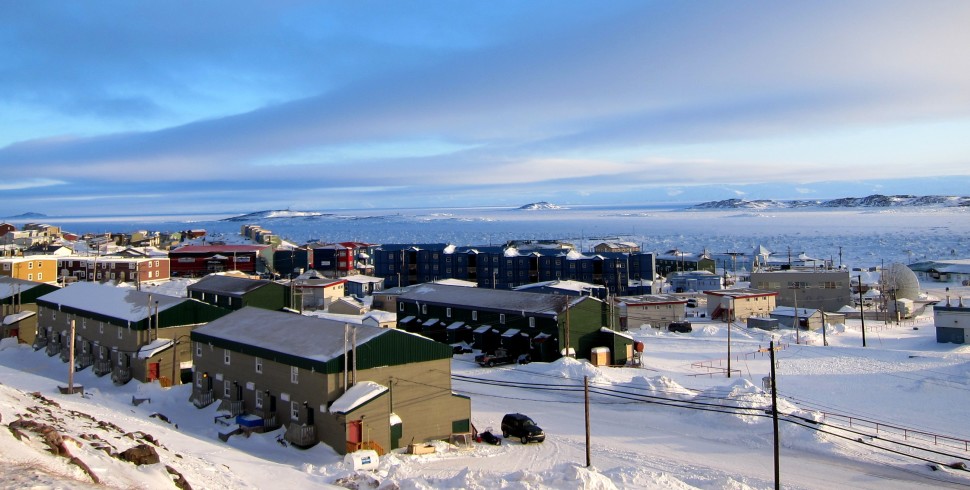
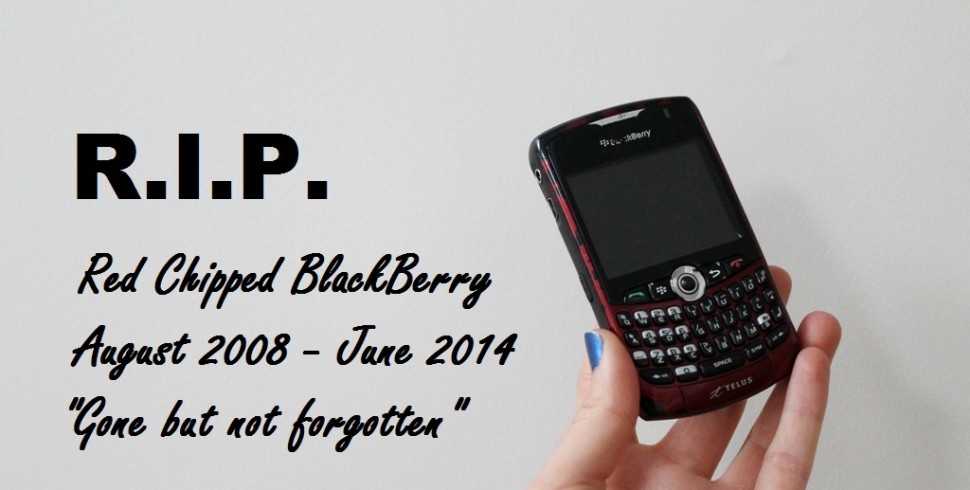
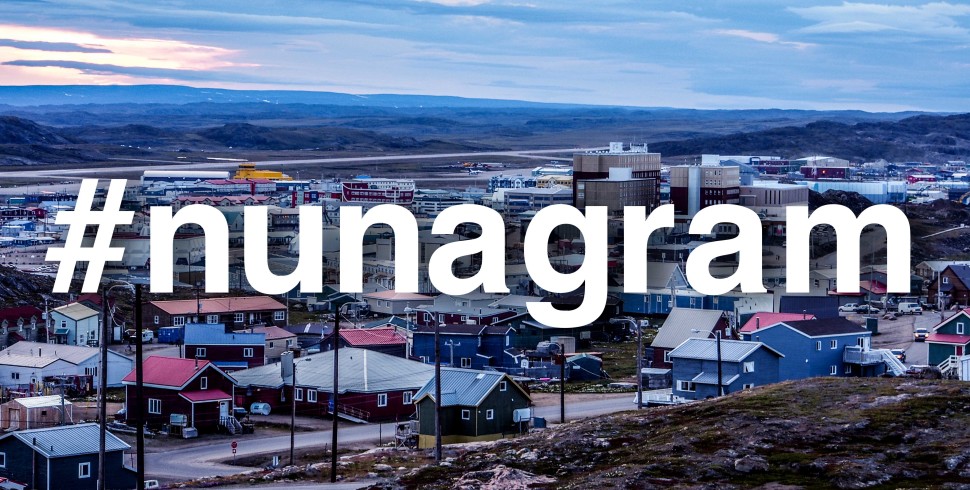
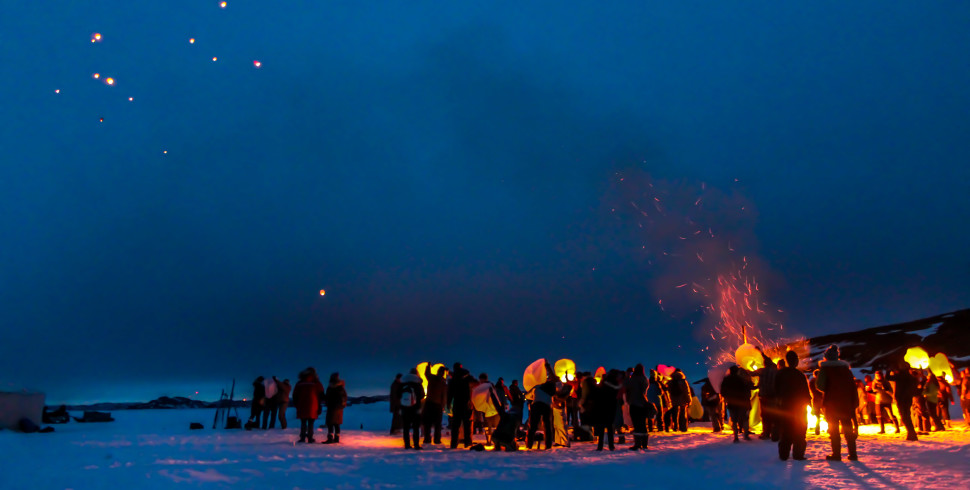
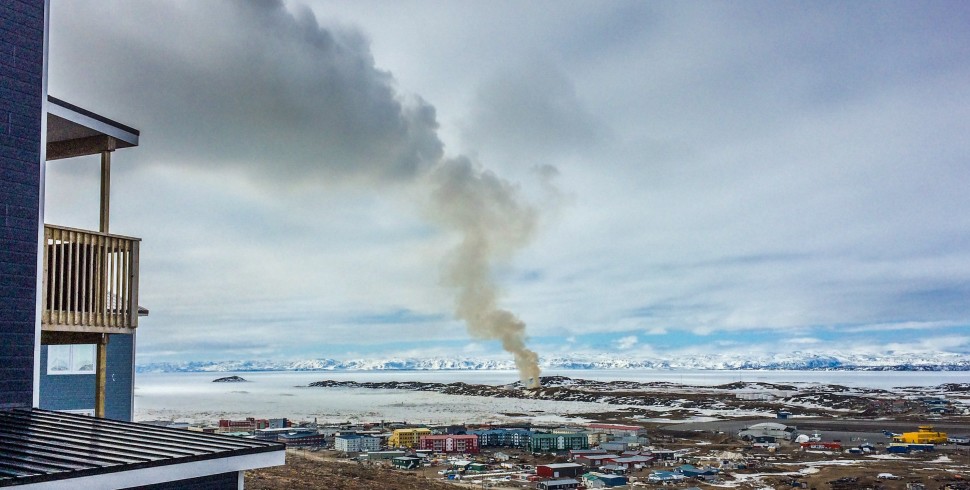
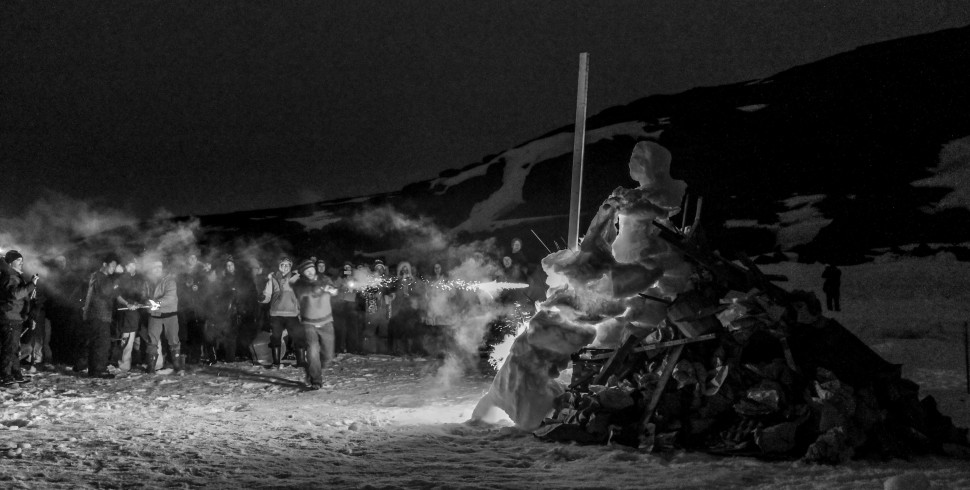
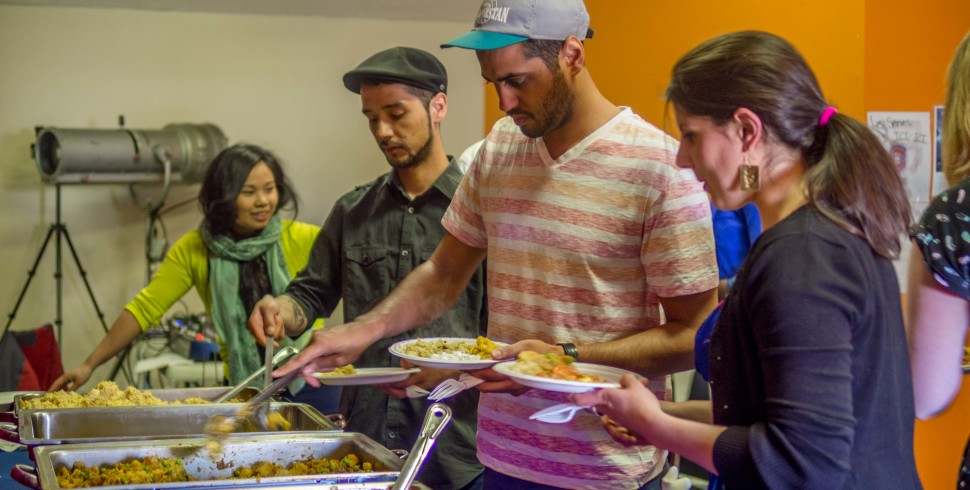
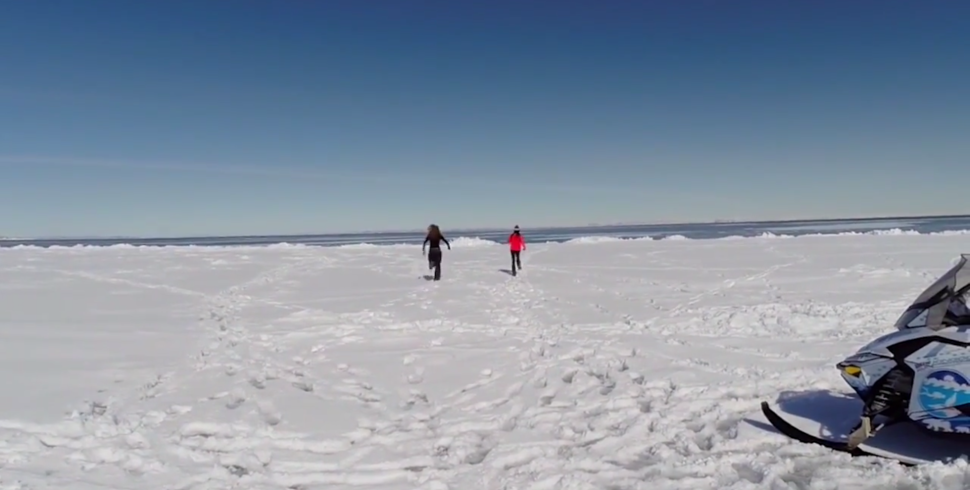
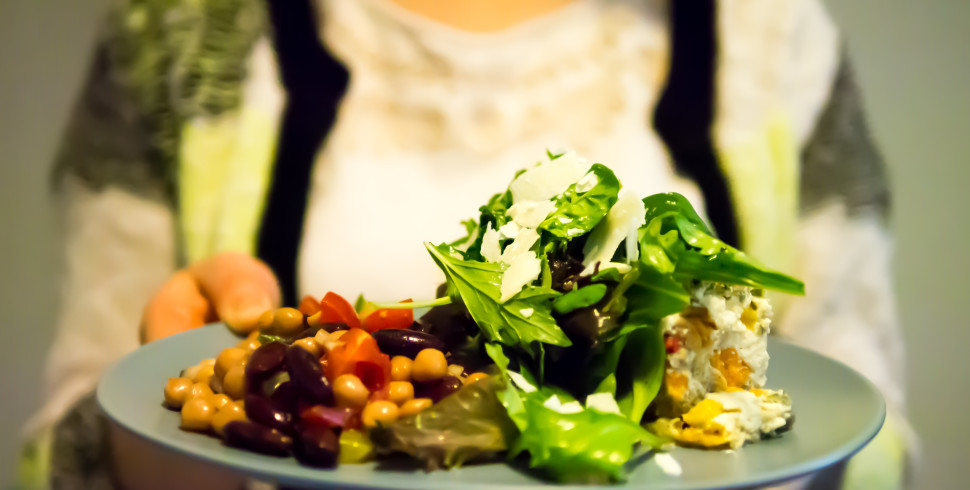
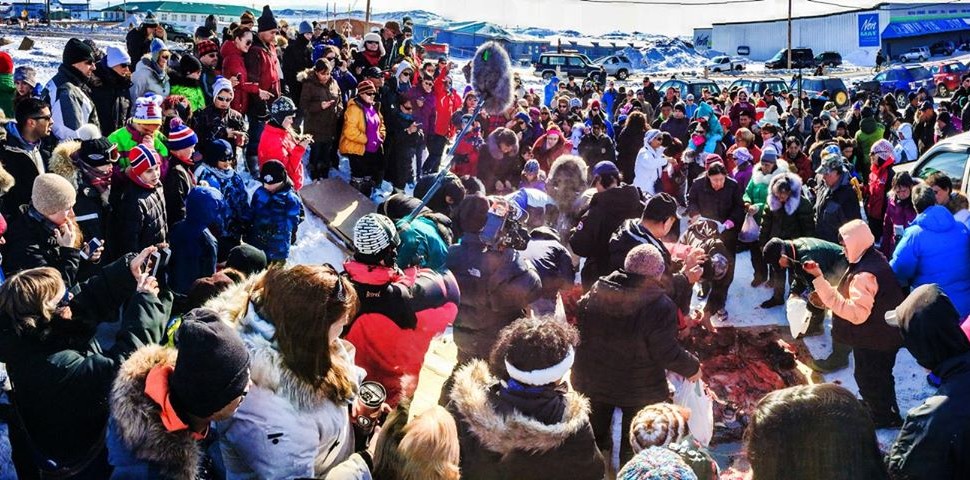
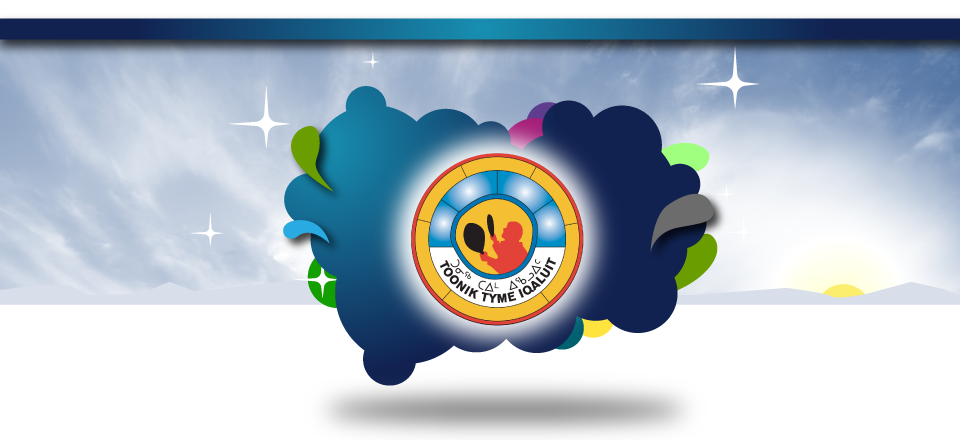
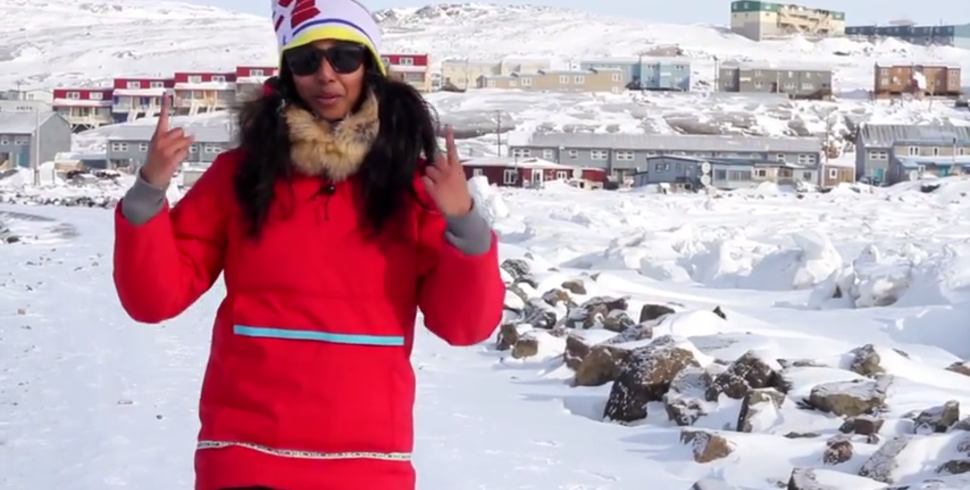
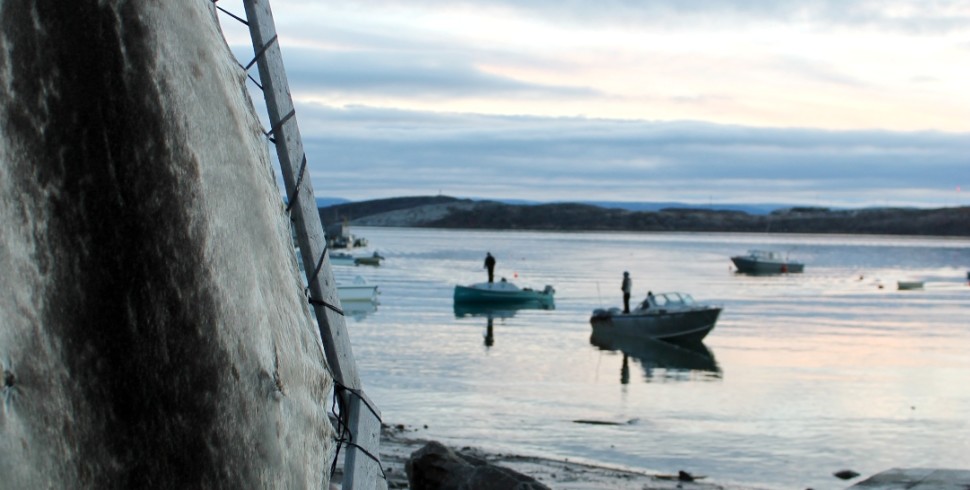
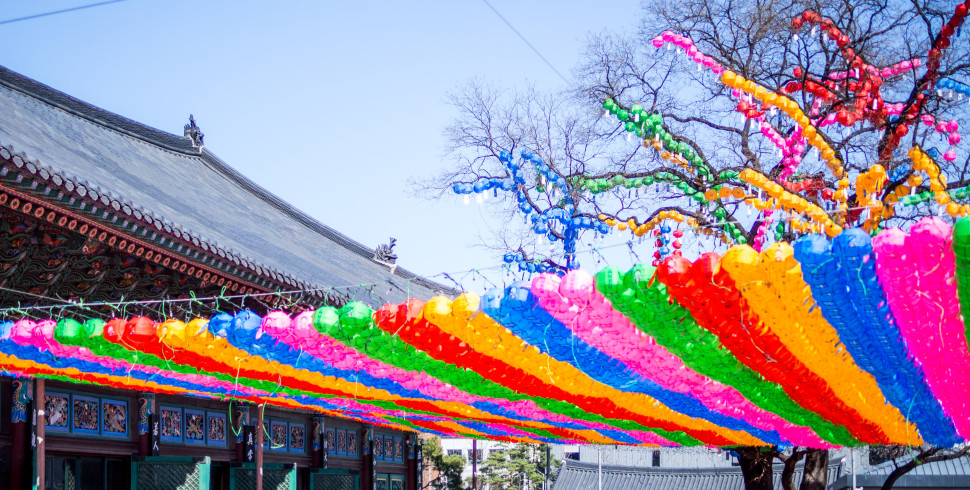

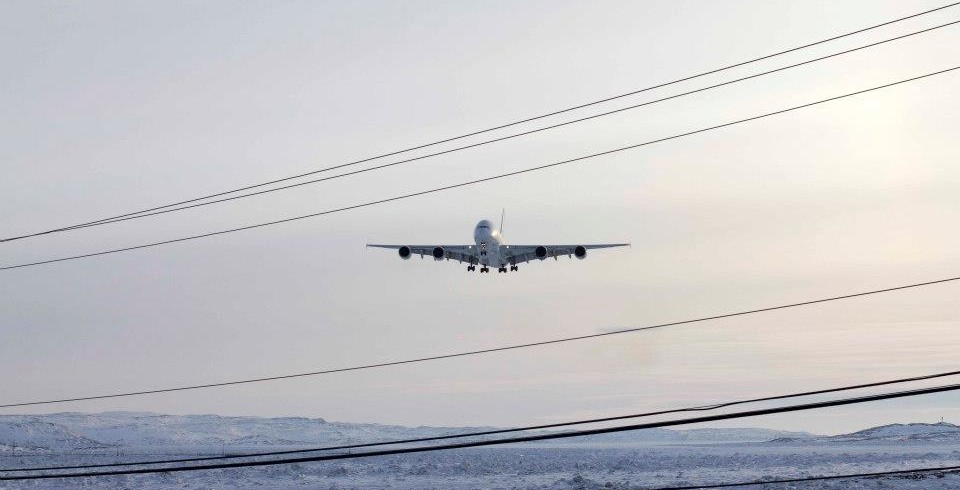
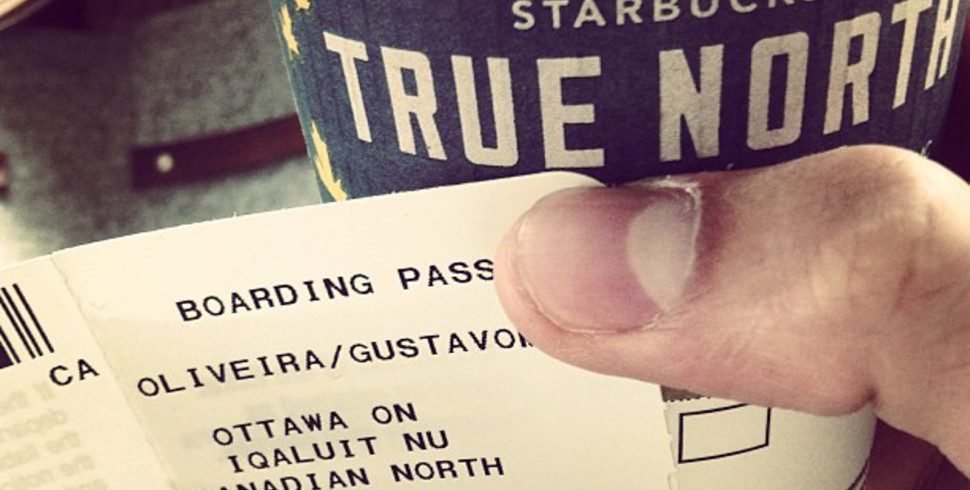
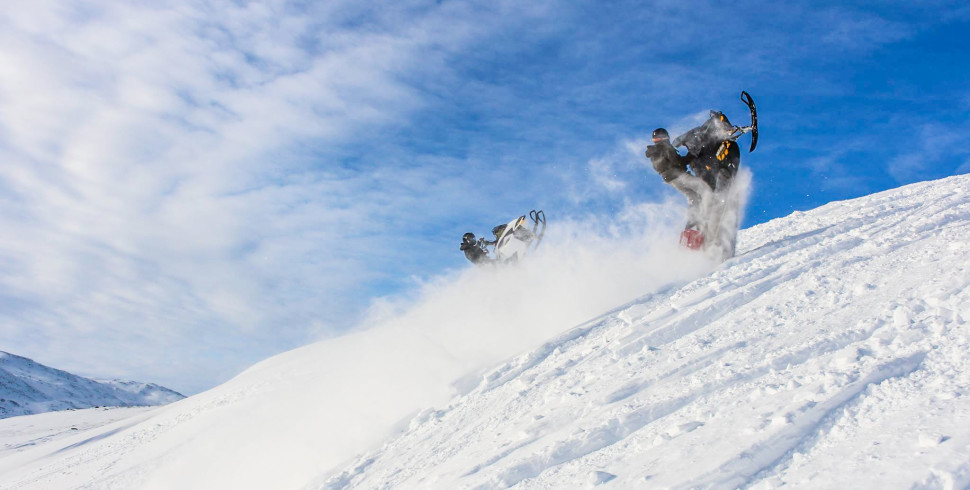
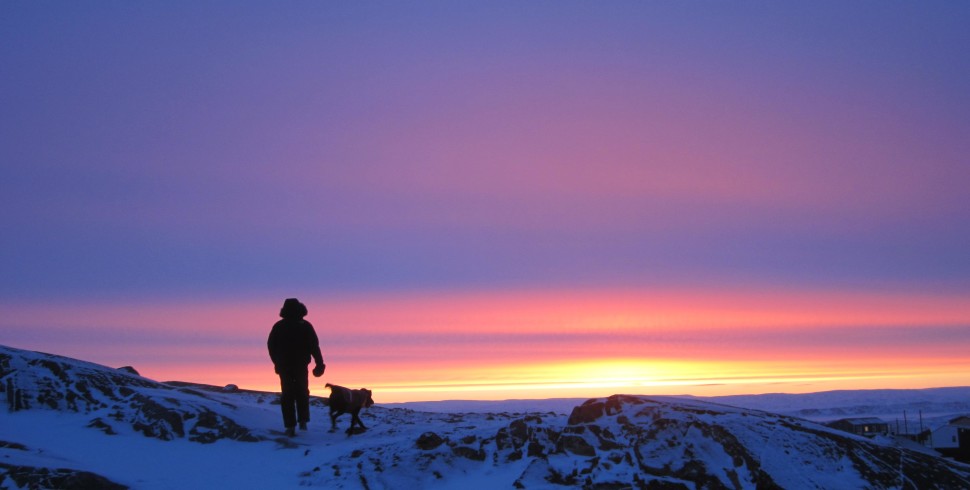
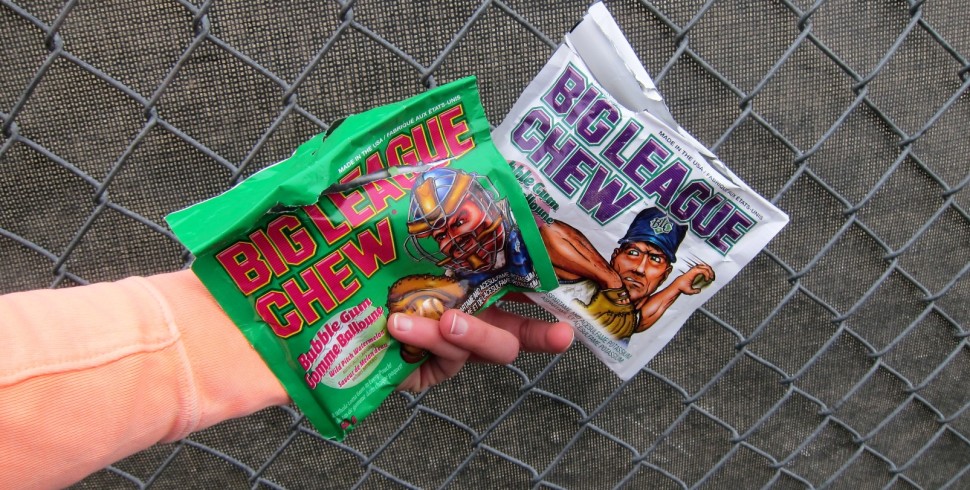
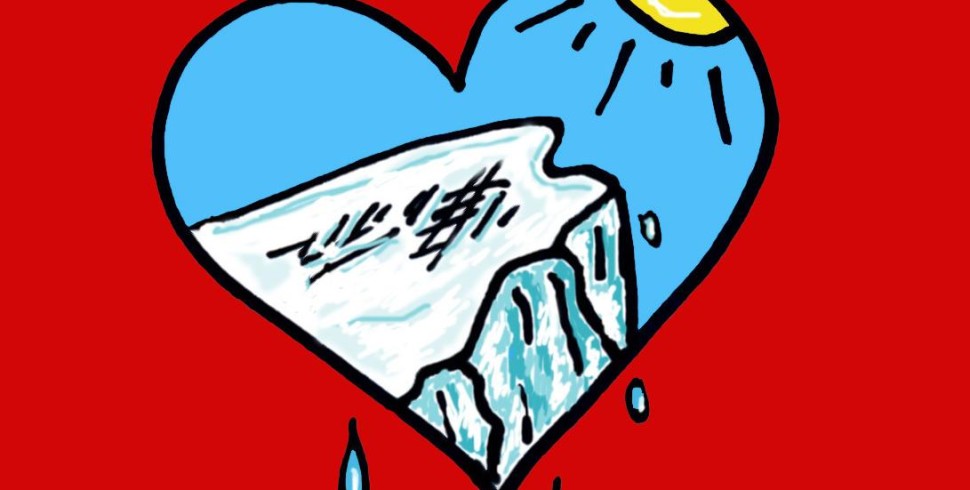
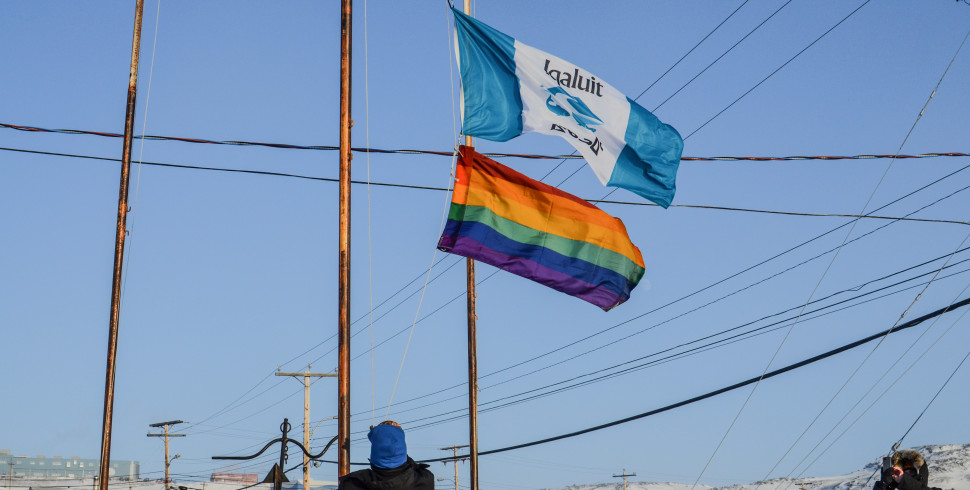
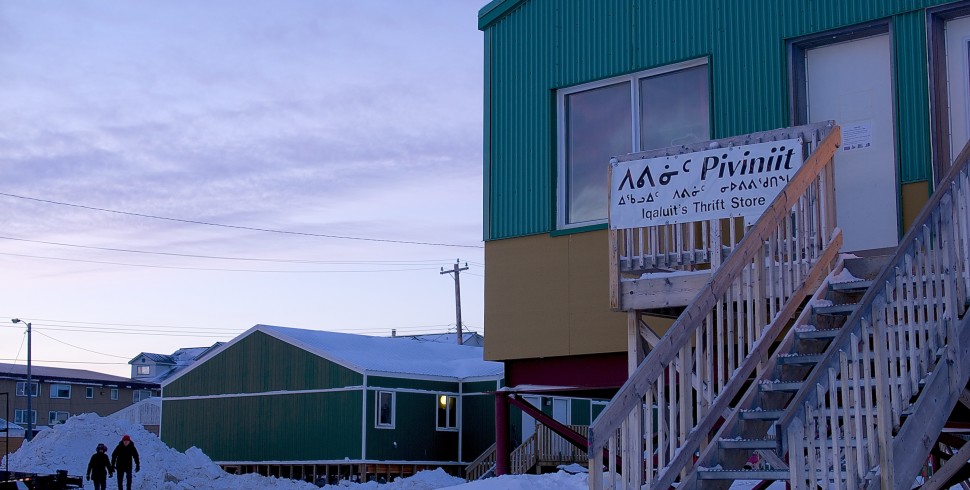
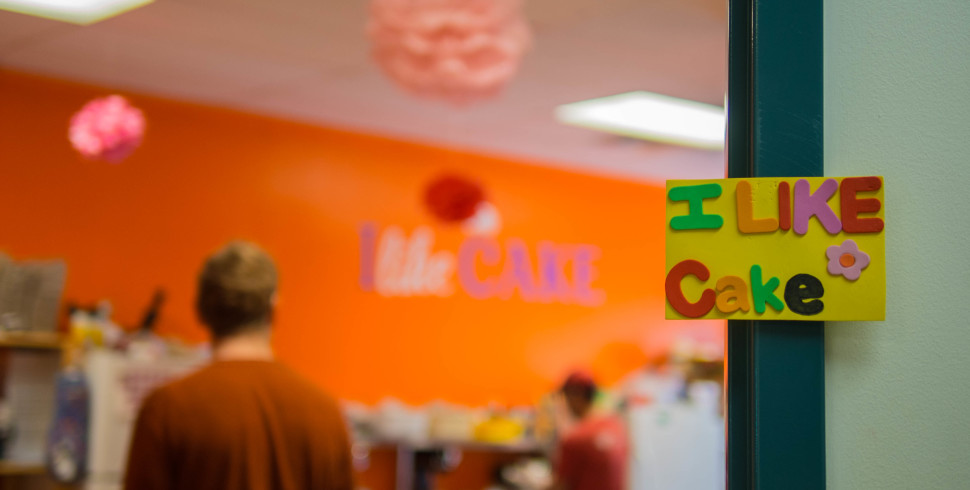
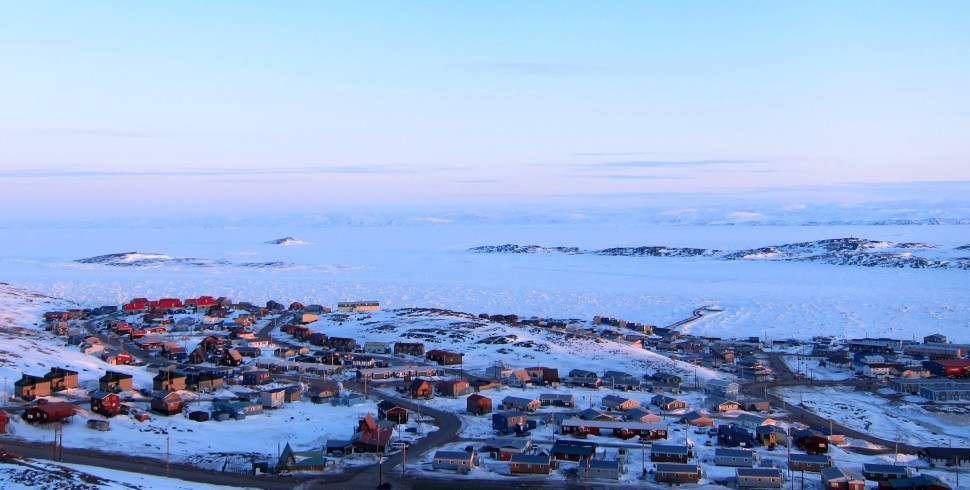
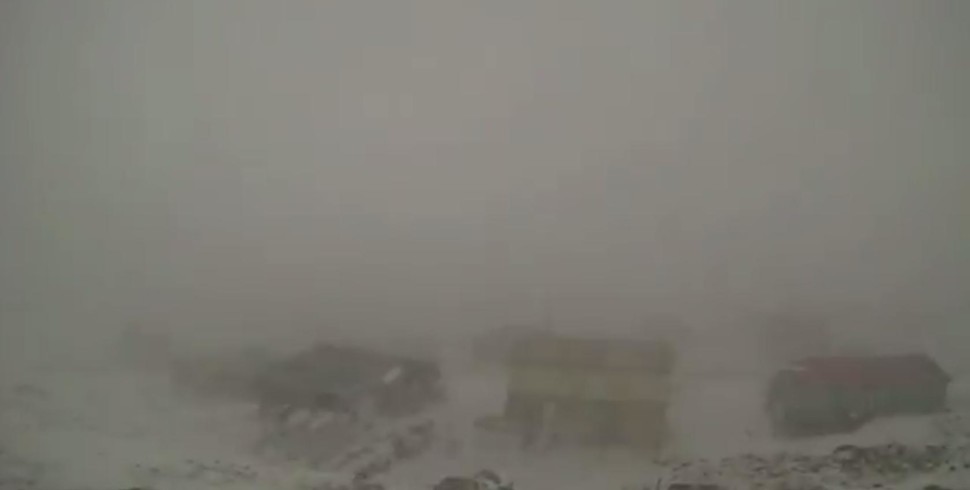
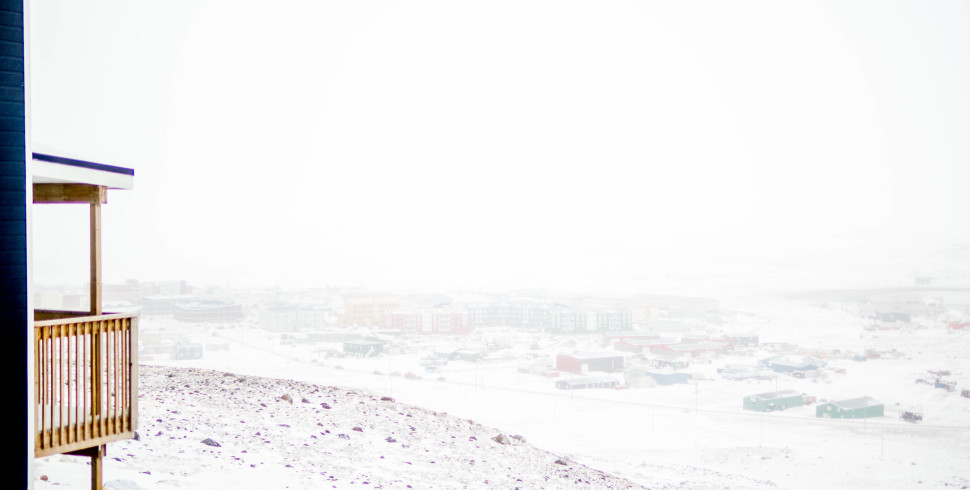
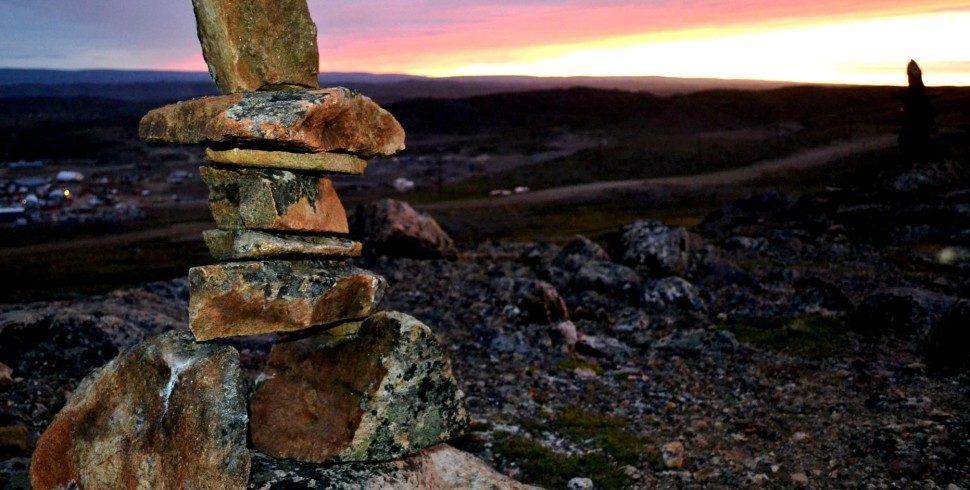
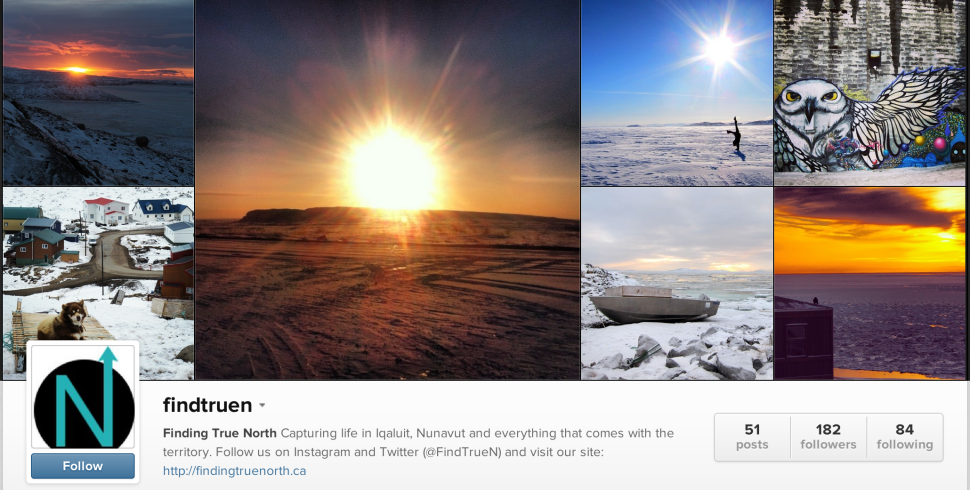
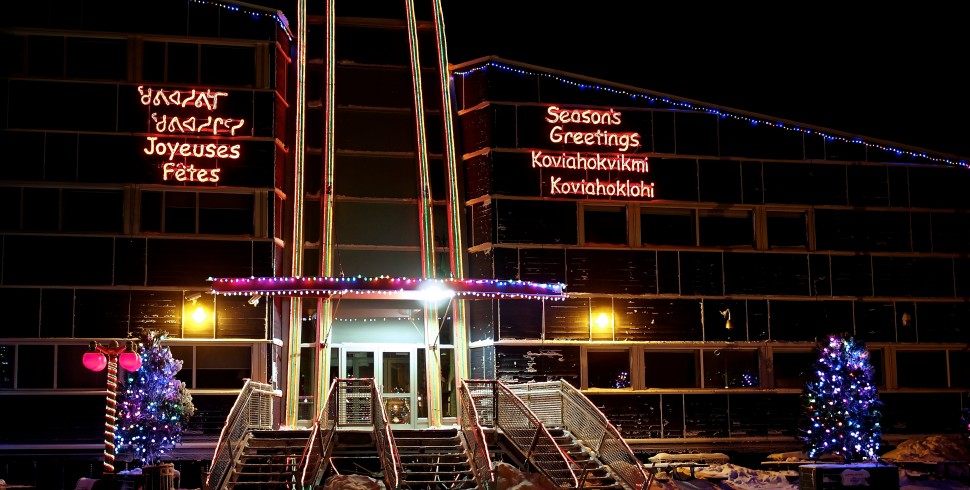
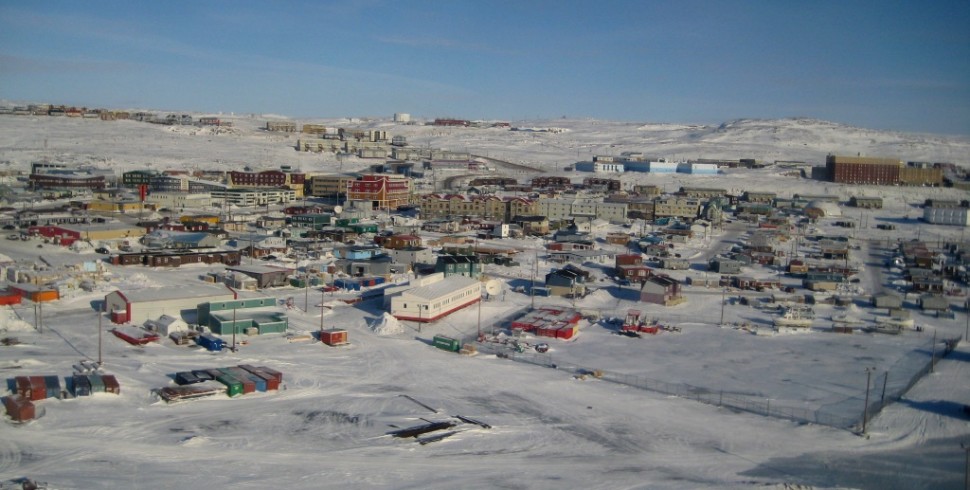
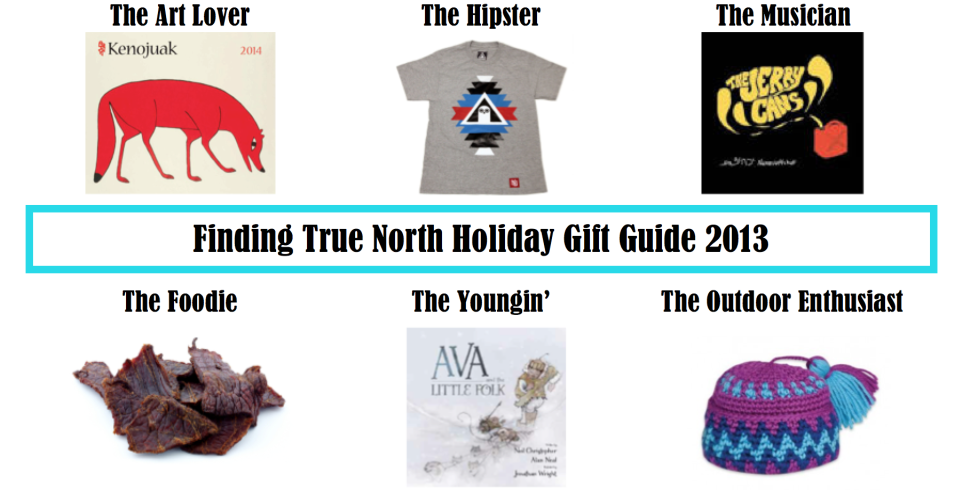
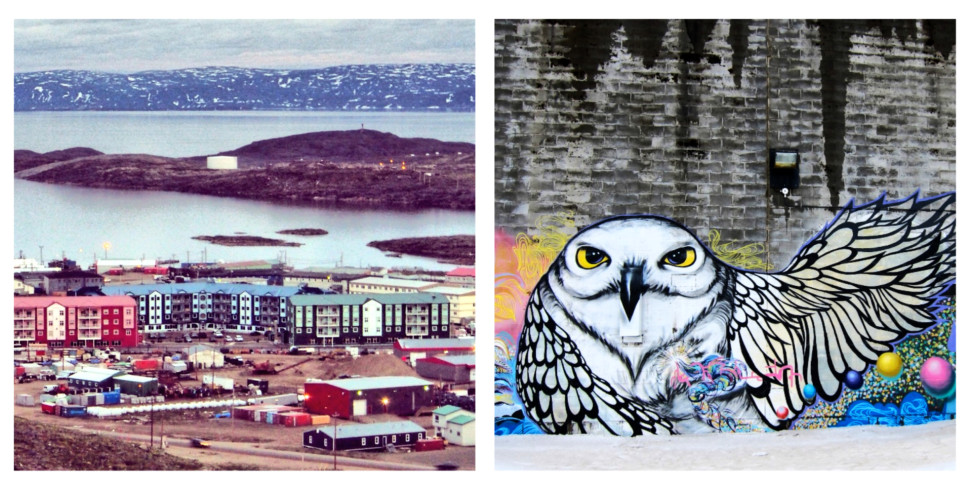
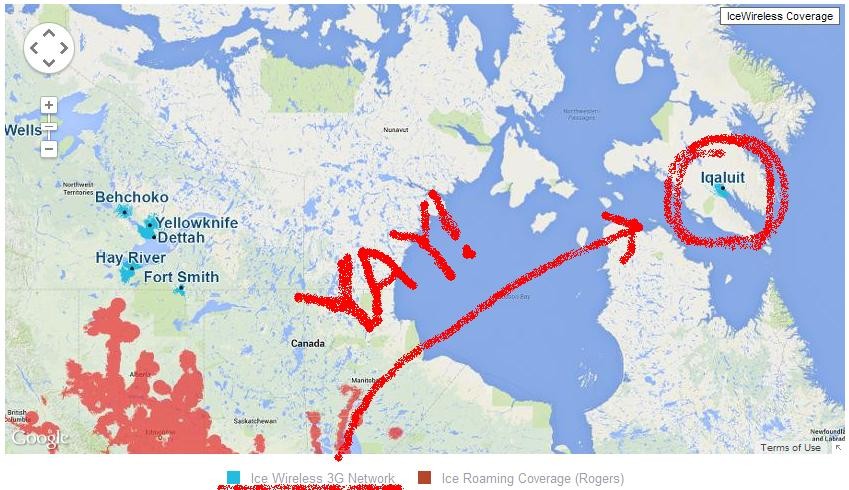
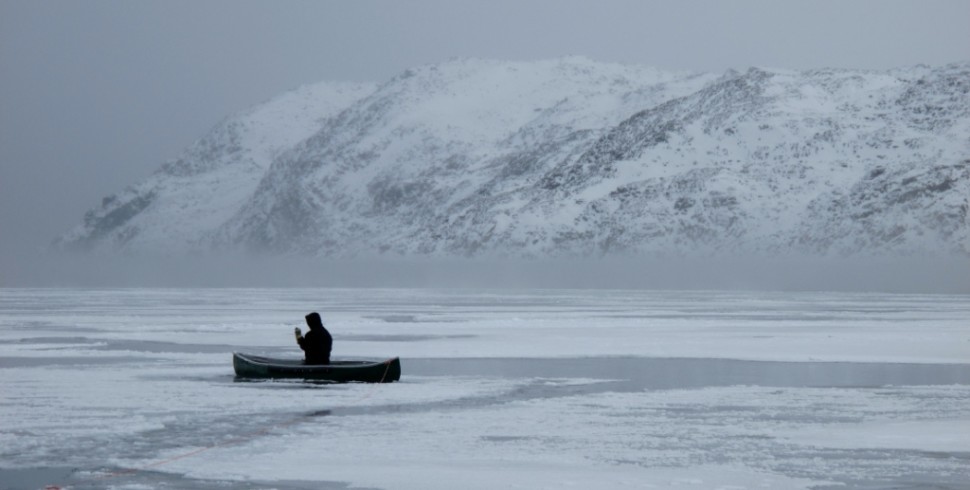
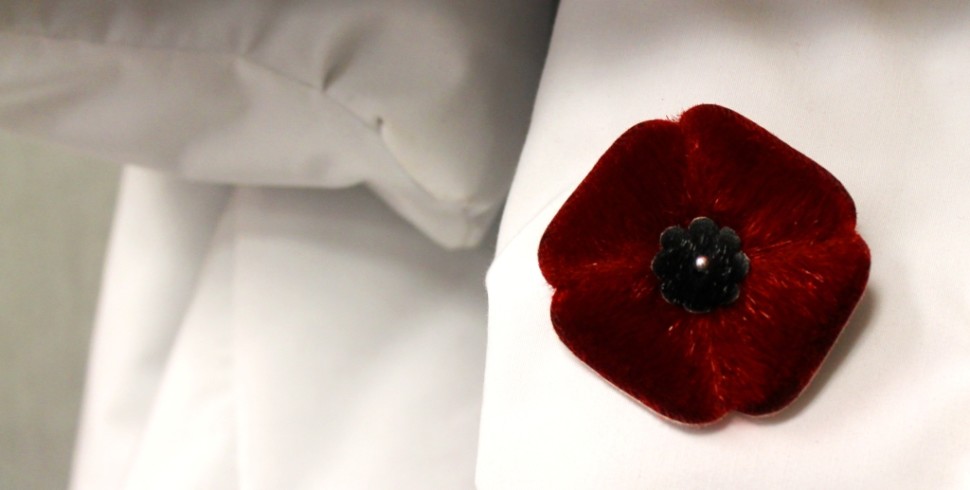
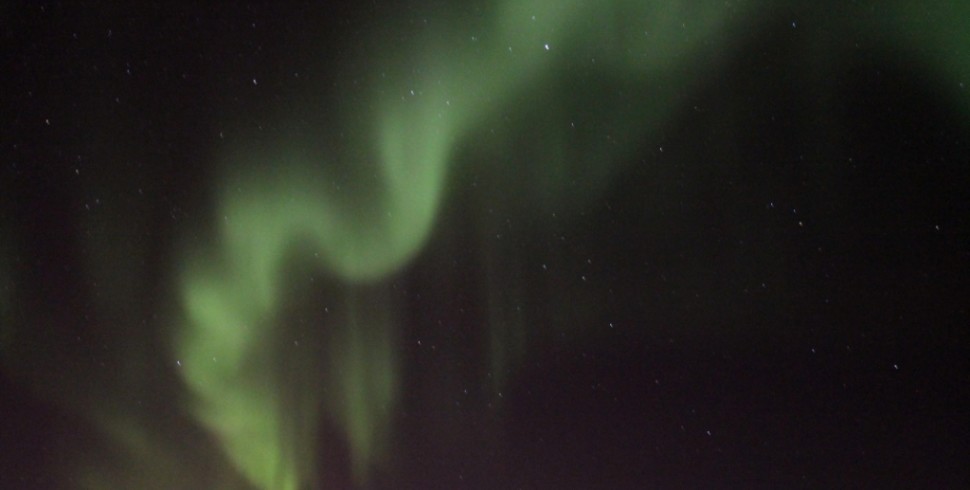
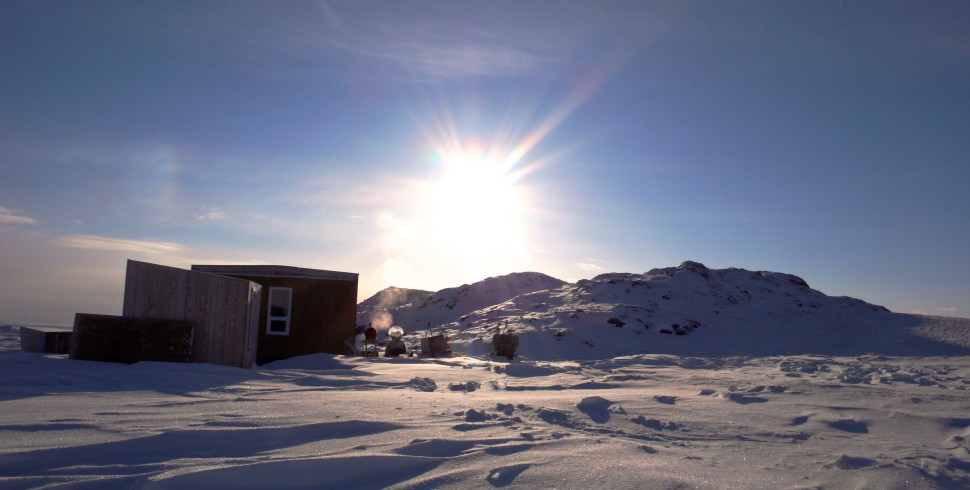
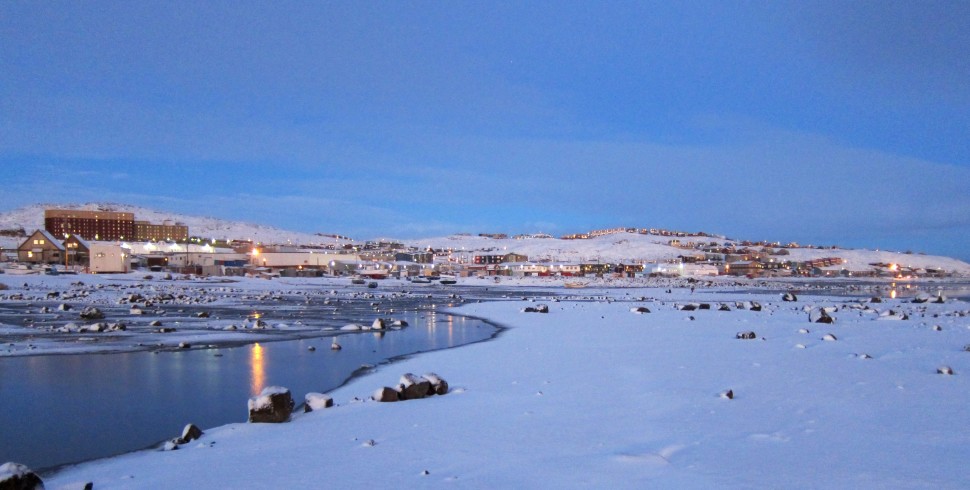
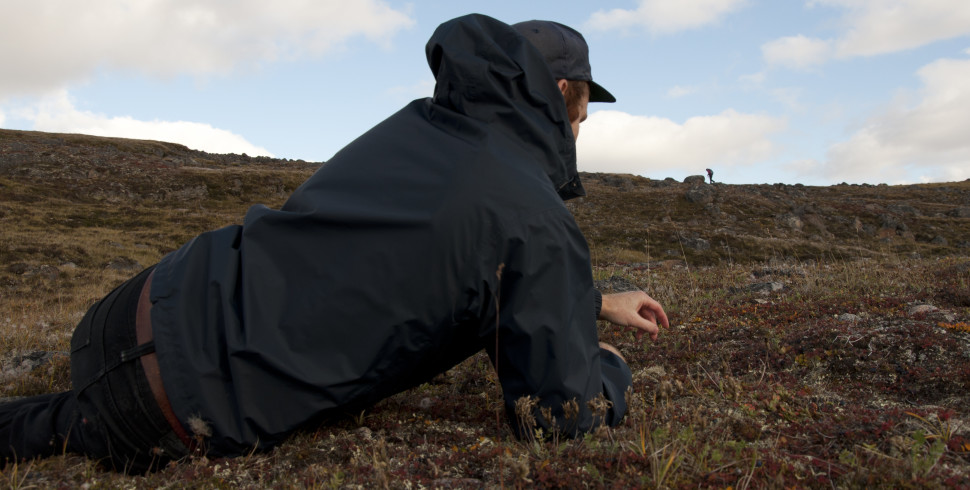
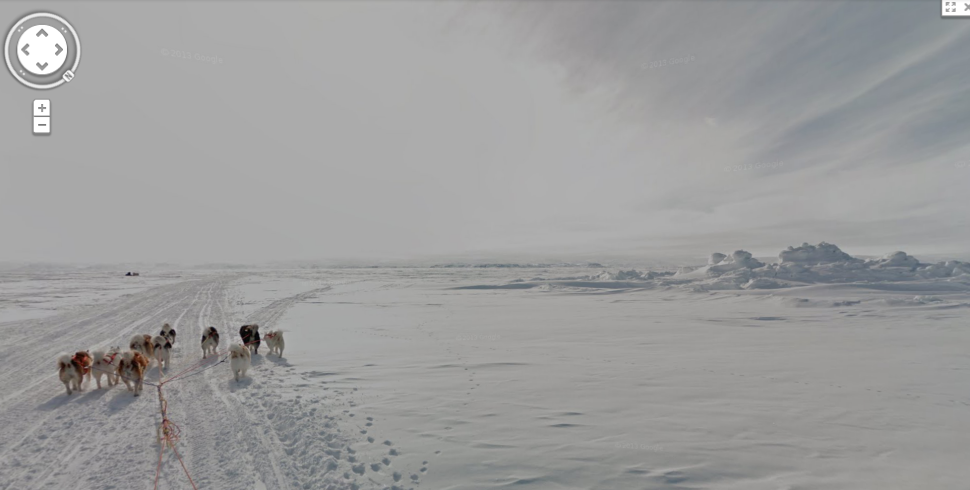
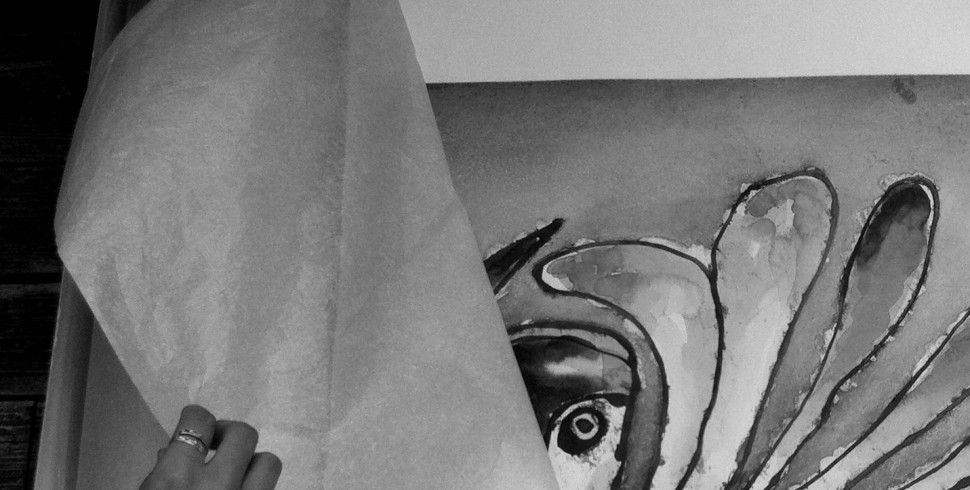
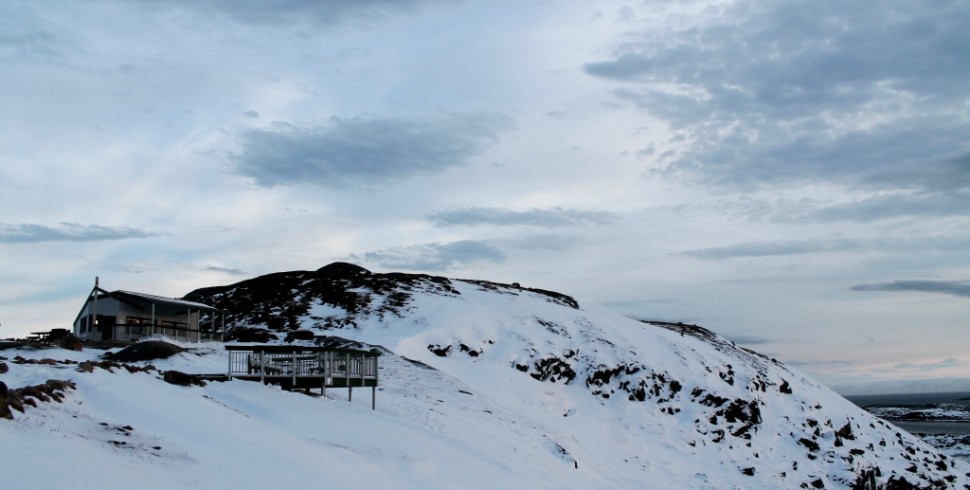
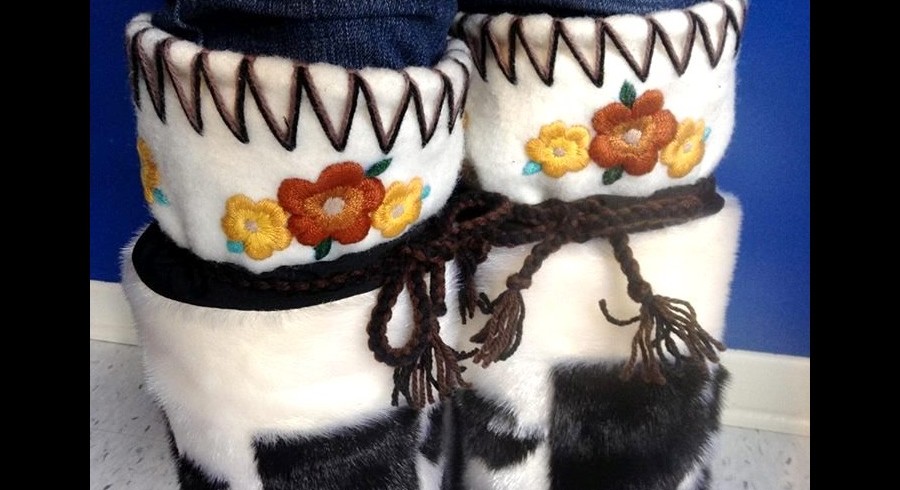
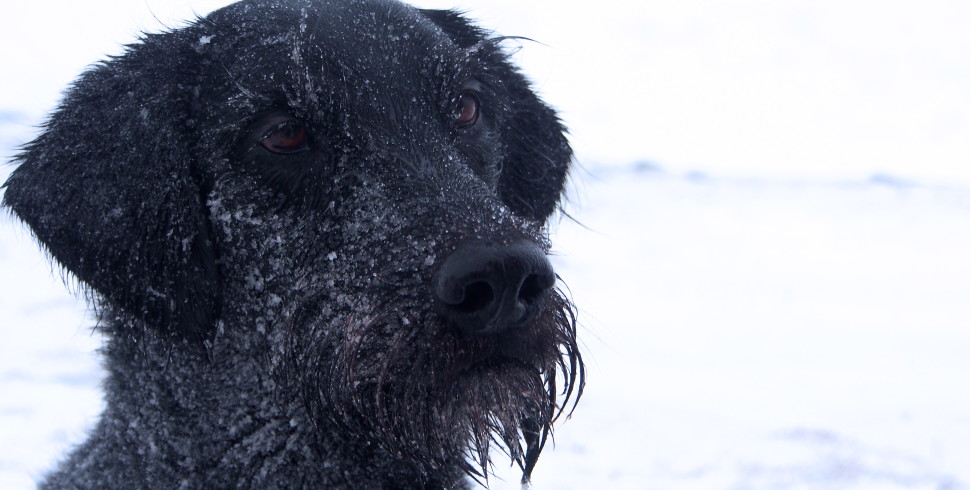
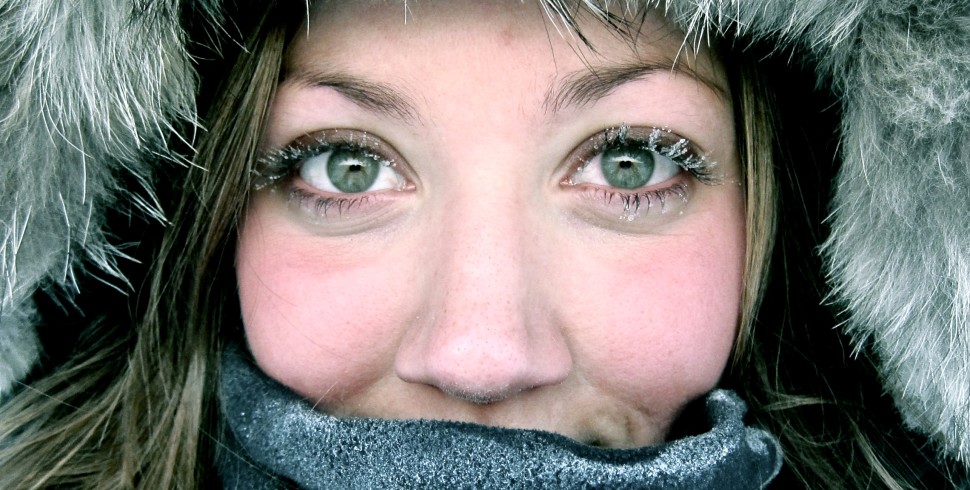


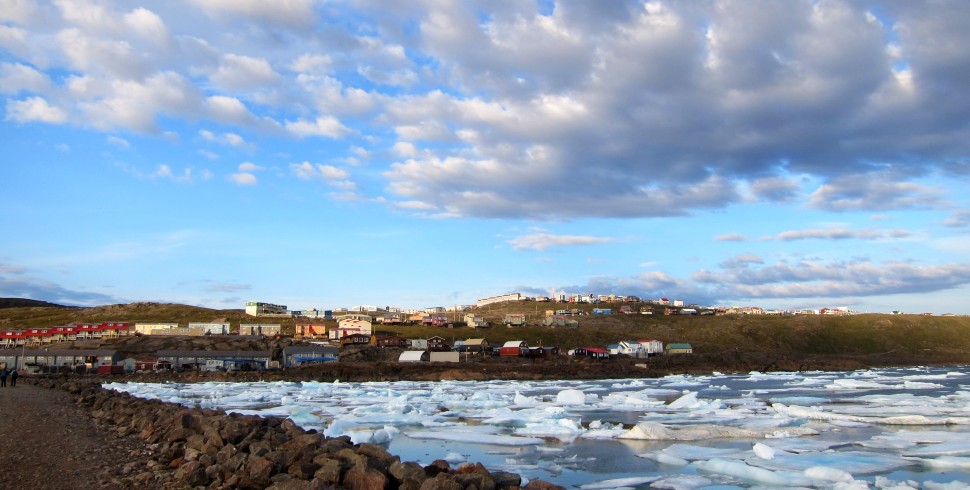
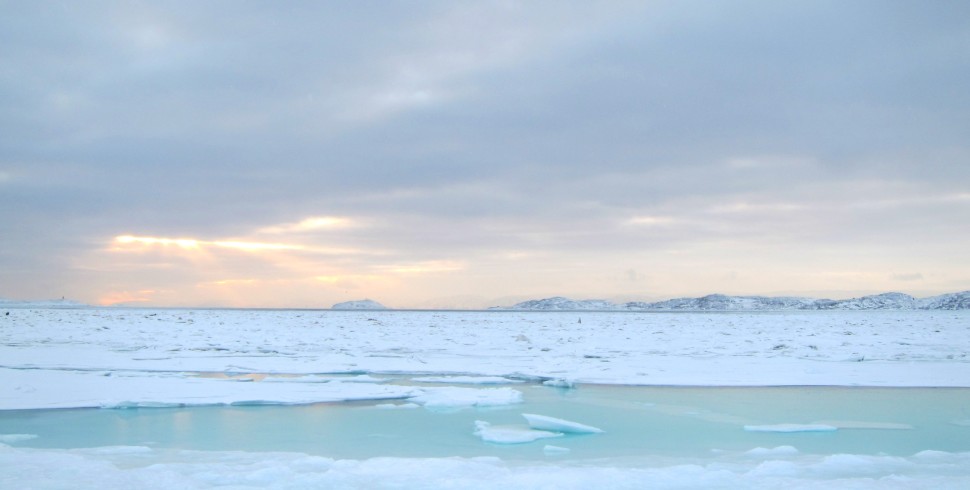
Oh man! It has been a journey Audley! I’m so proud to know you and your beautiful daughter being cousins to my daughters, Leetia and Mary. My good friend Elisapee is one of the strongest women I have known. She is so amazing! Thank you for giving the kids new hope.
Thank you for reading and commenting, Annie!